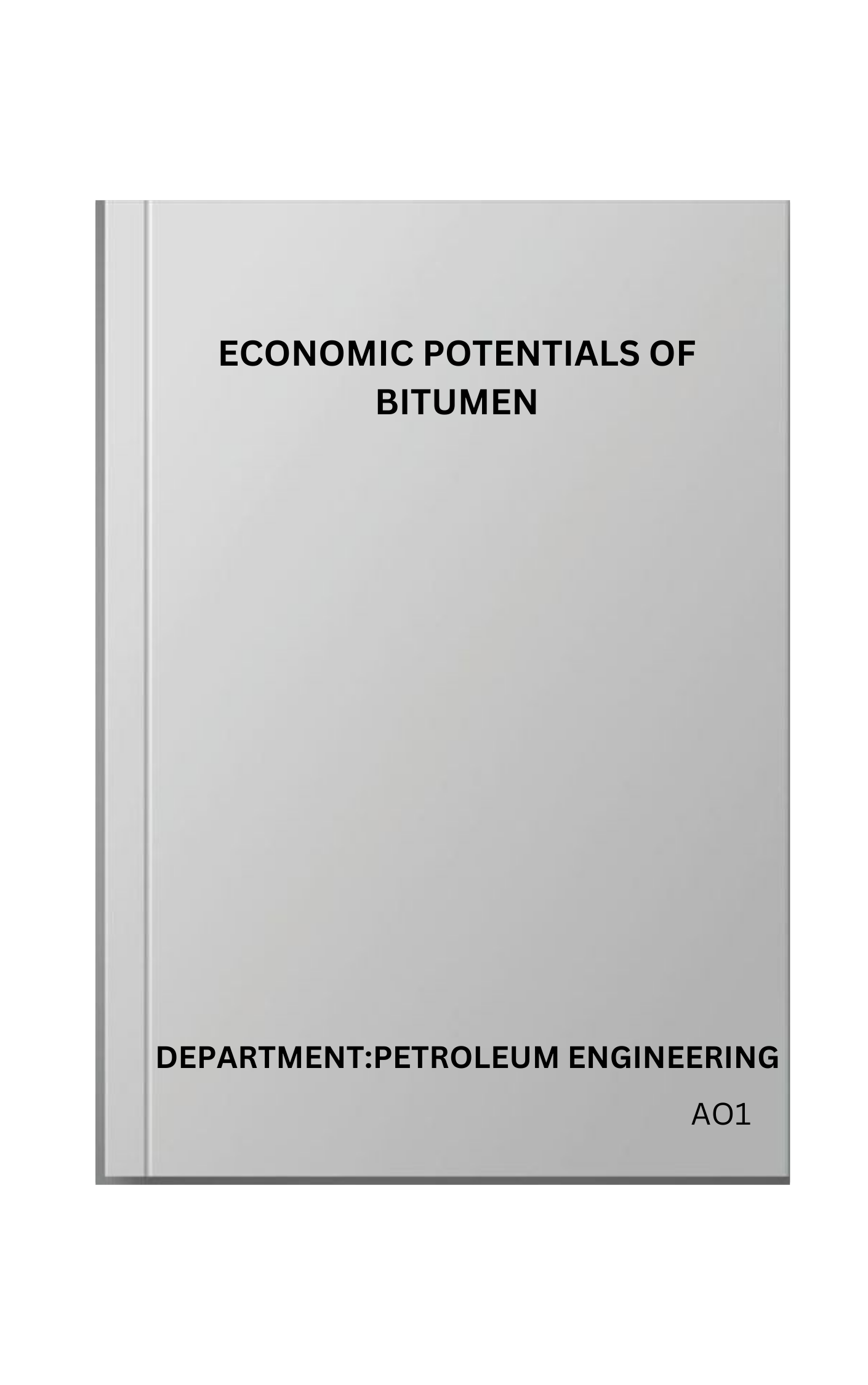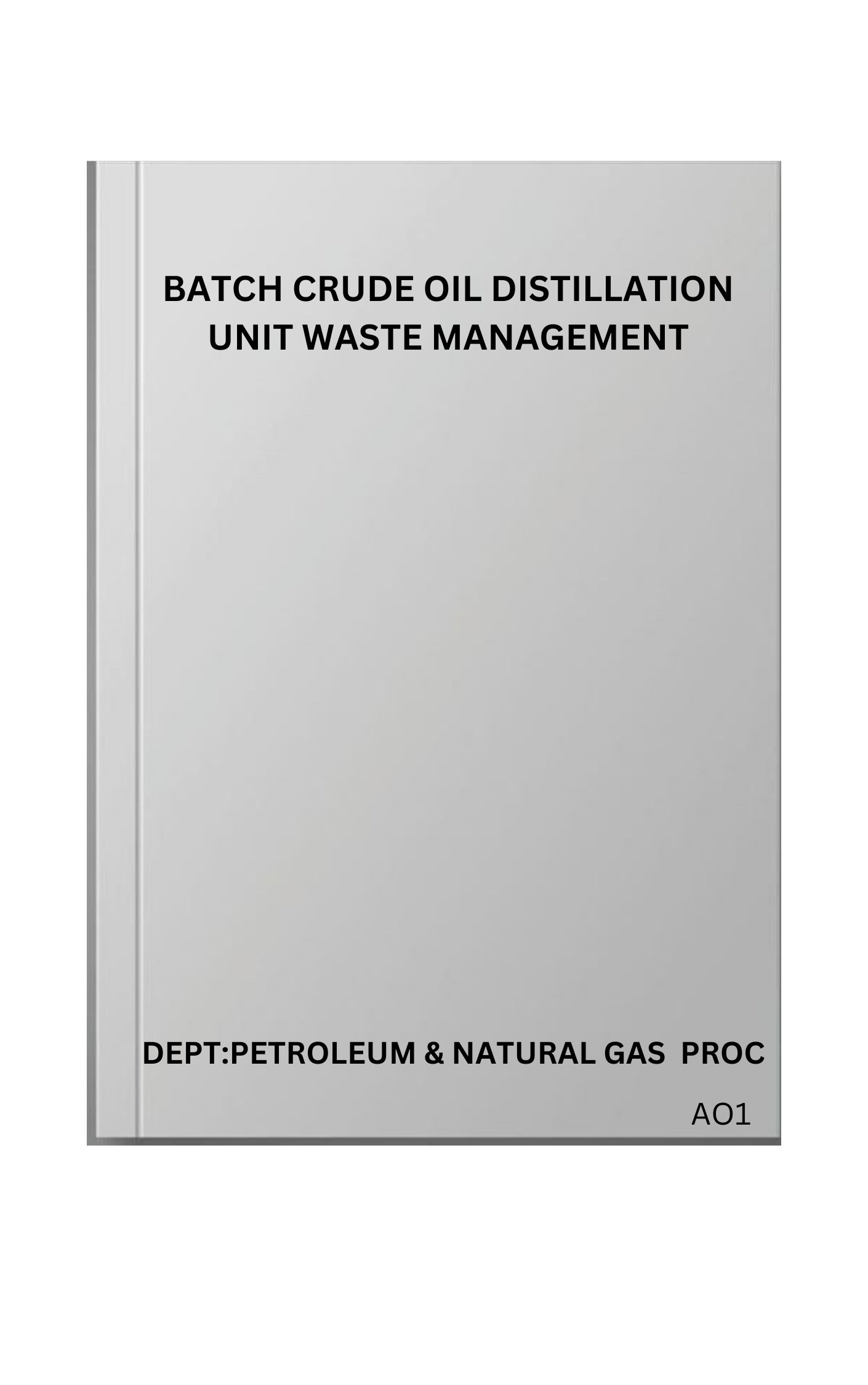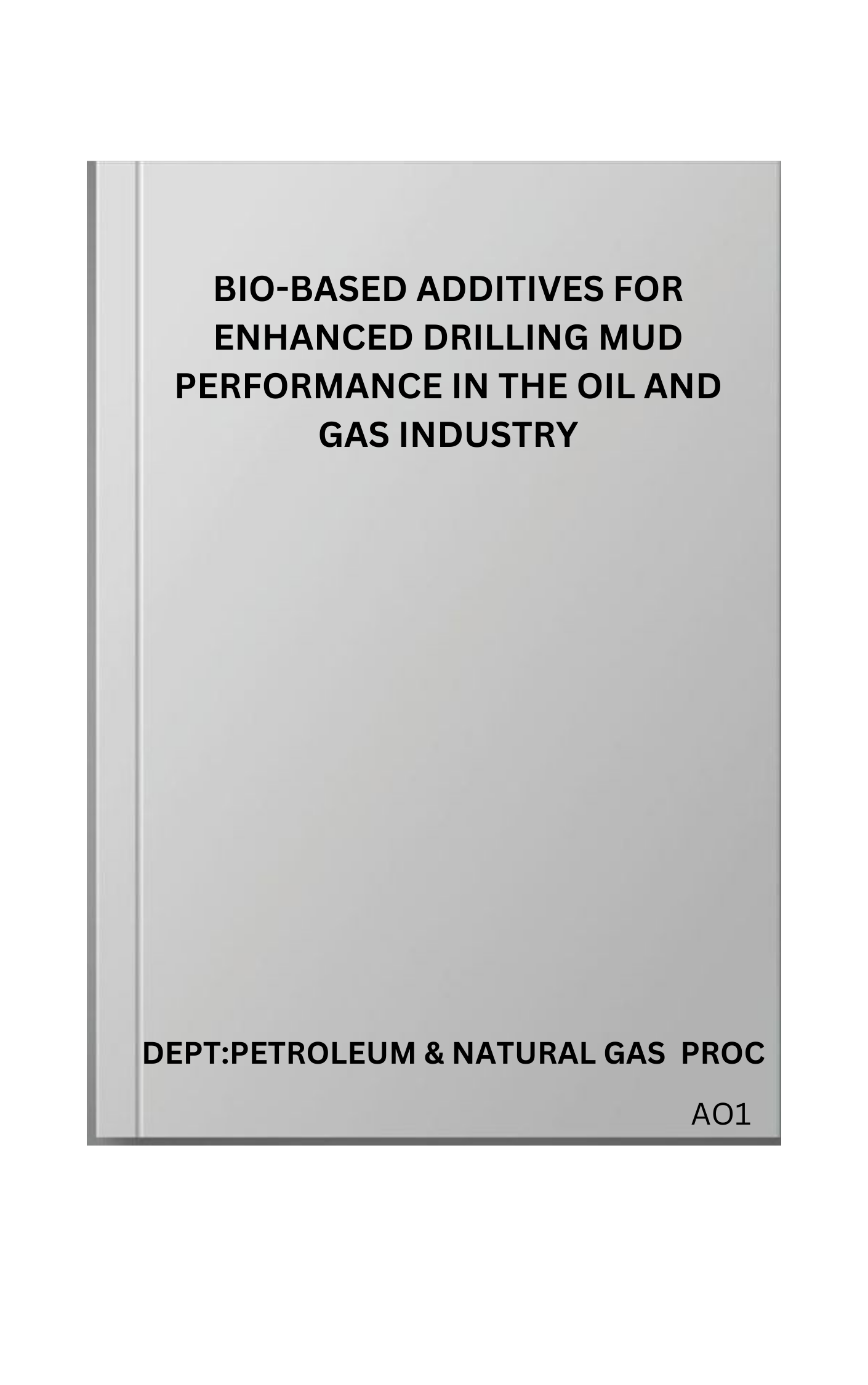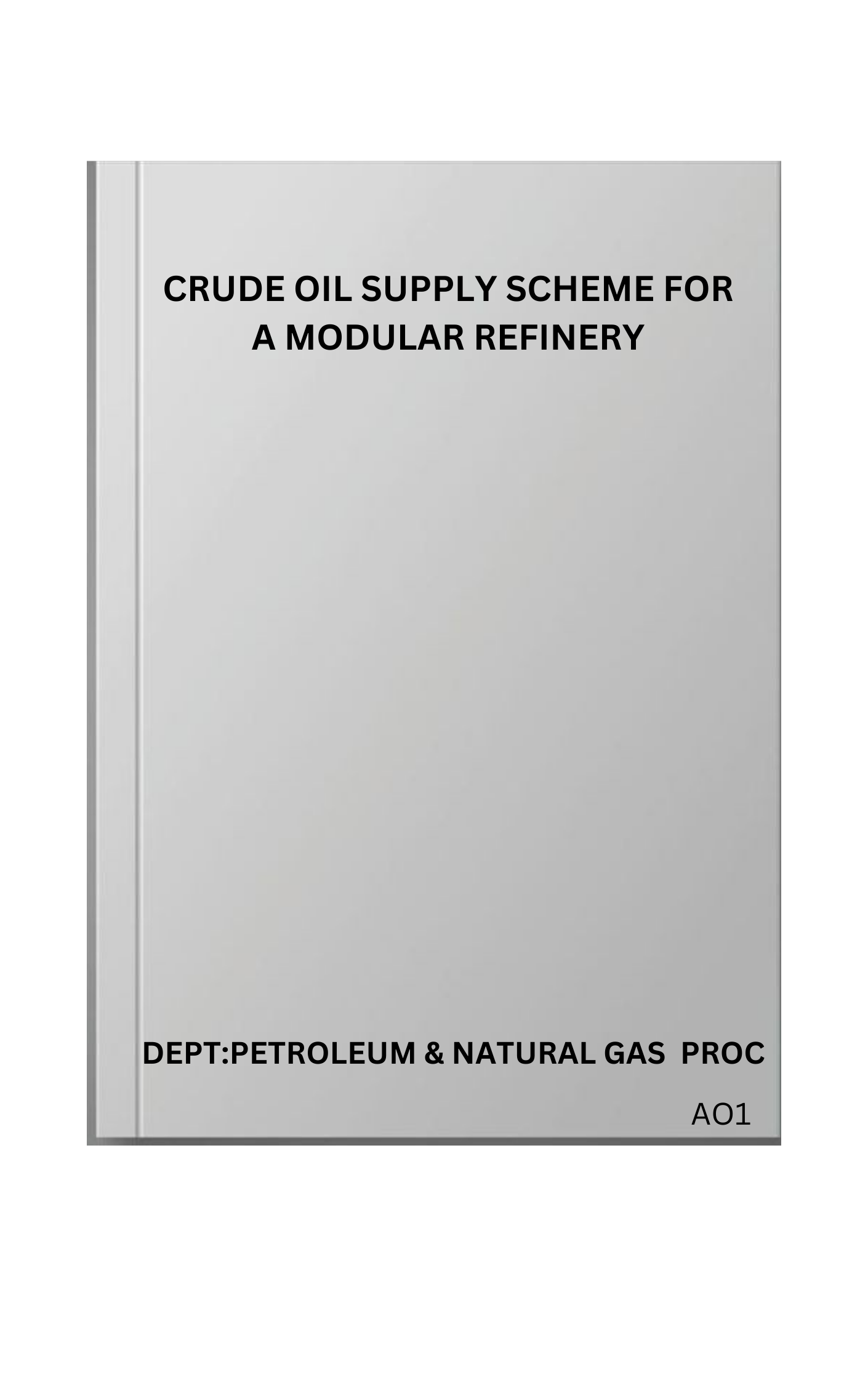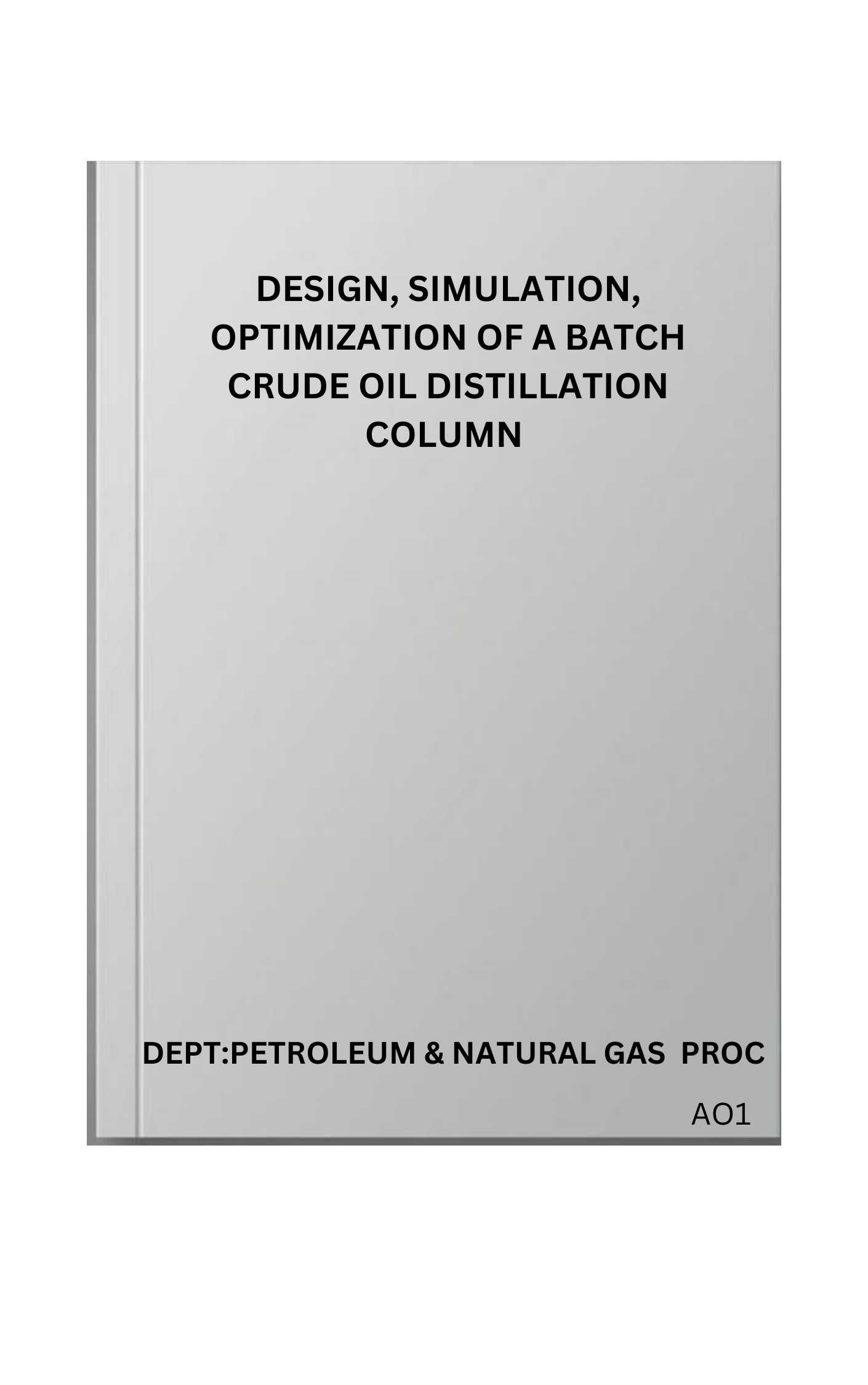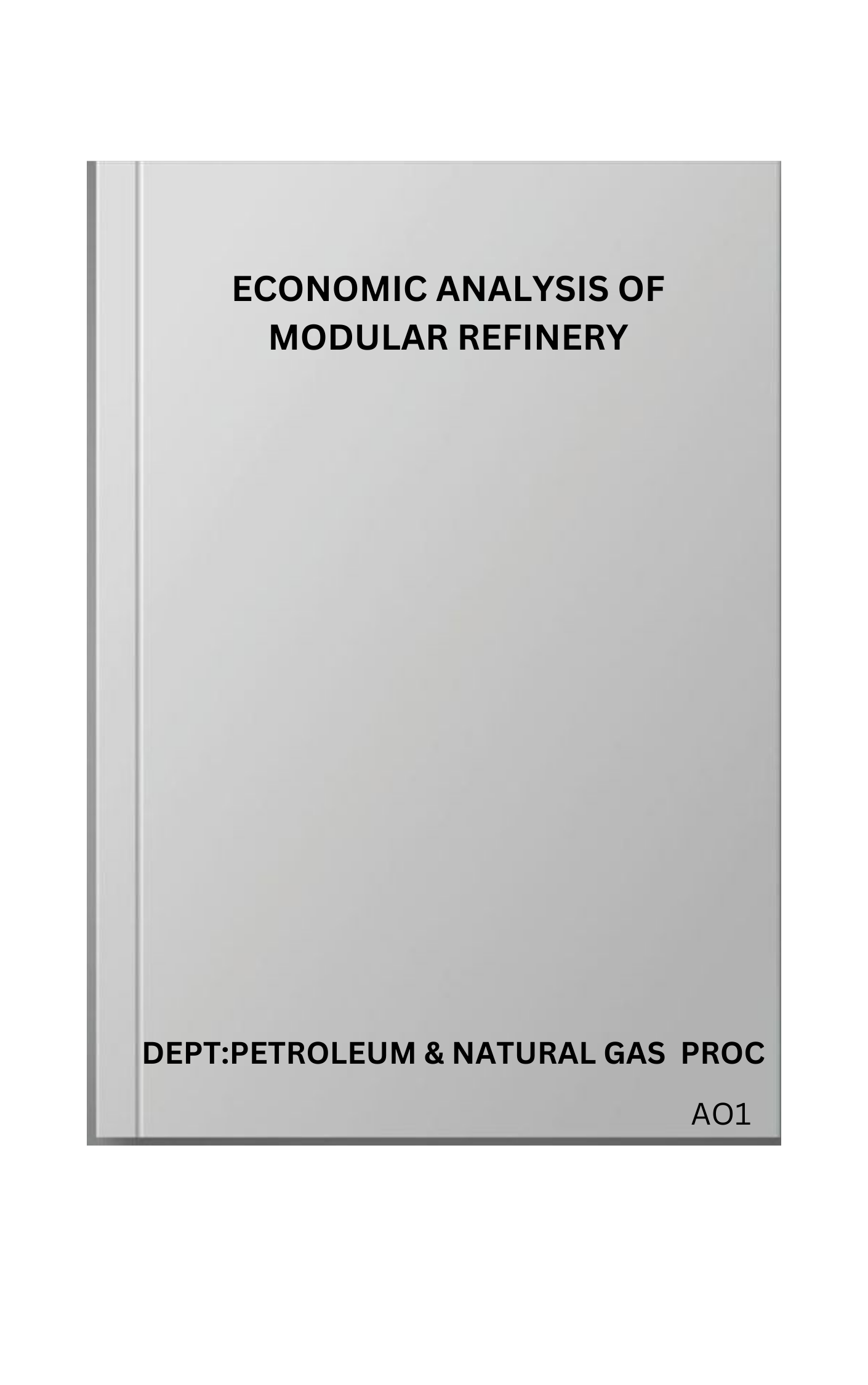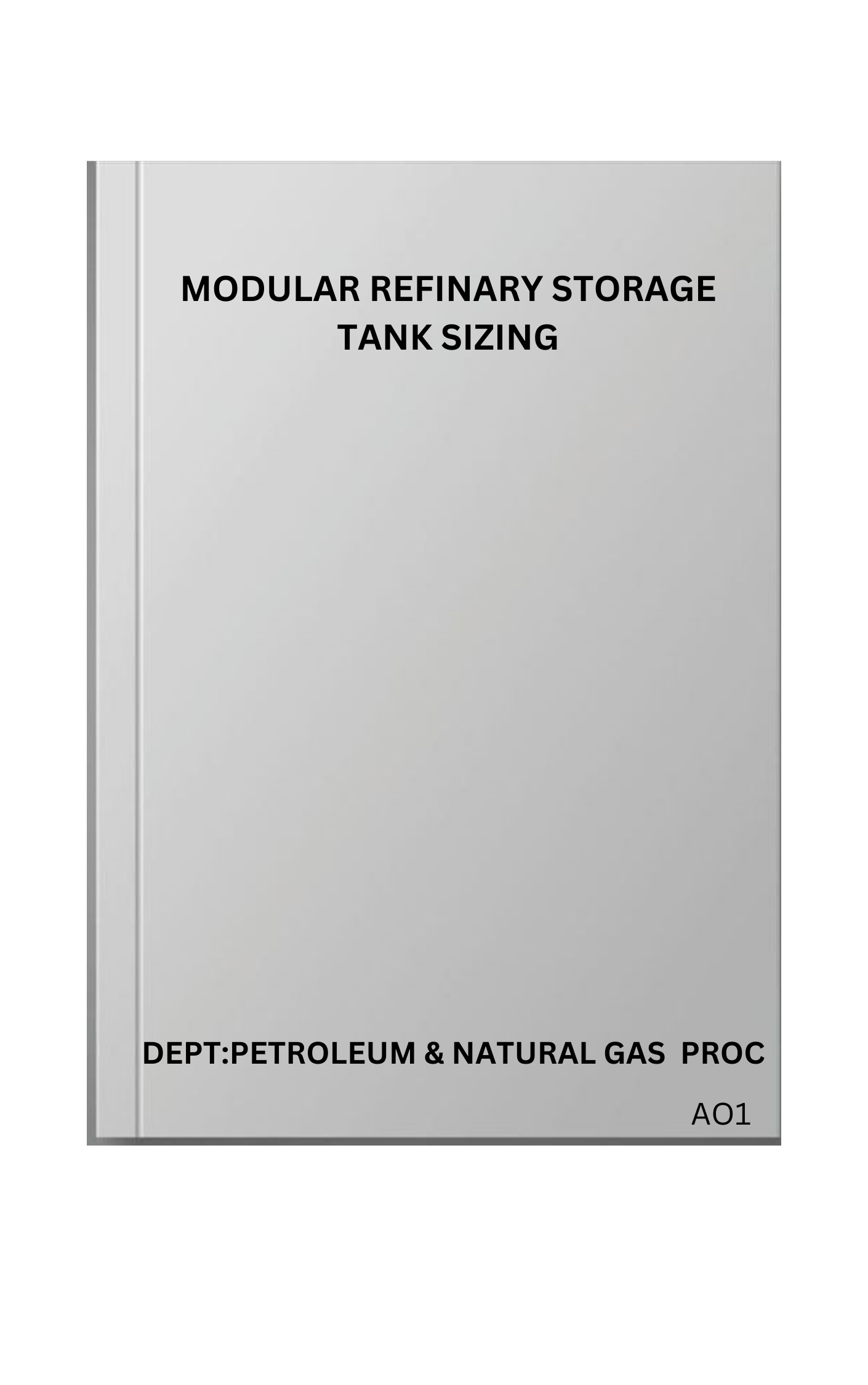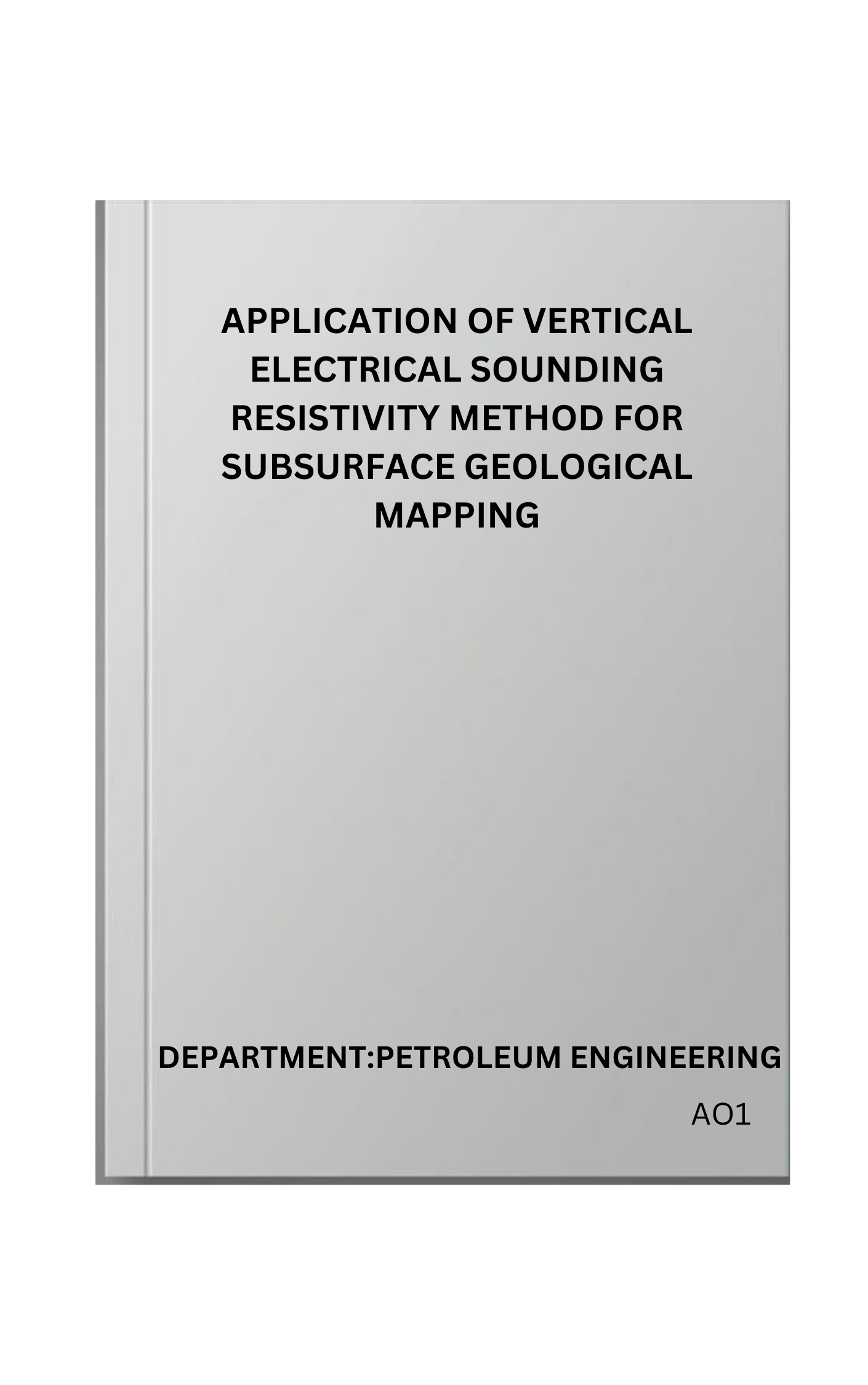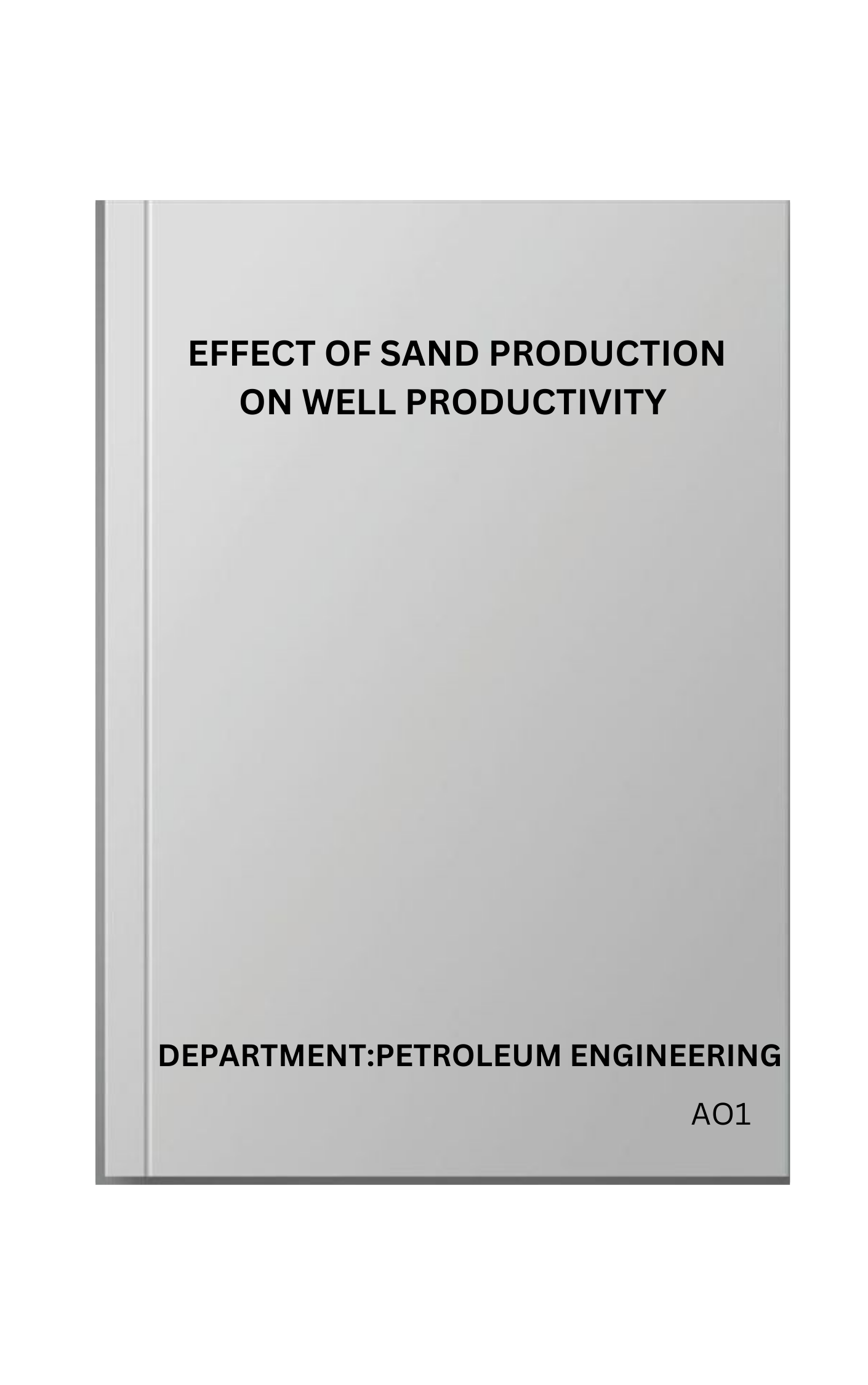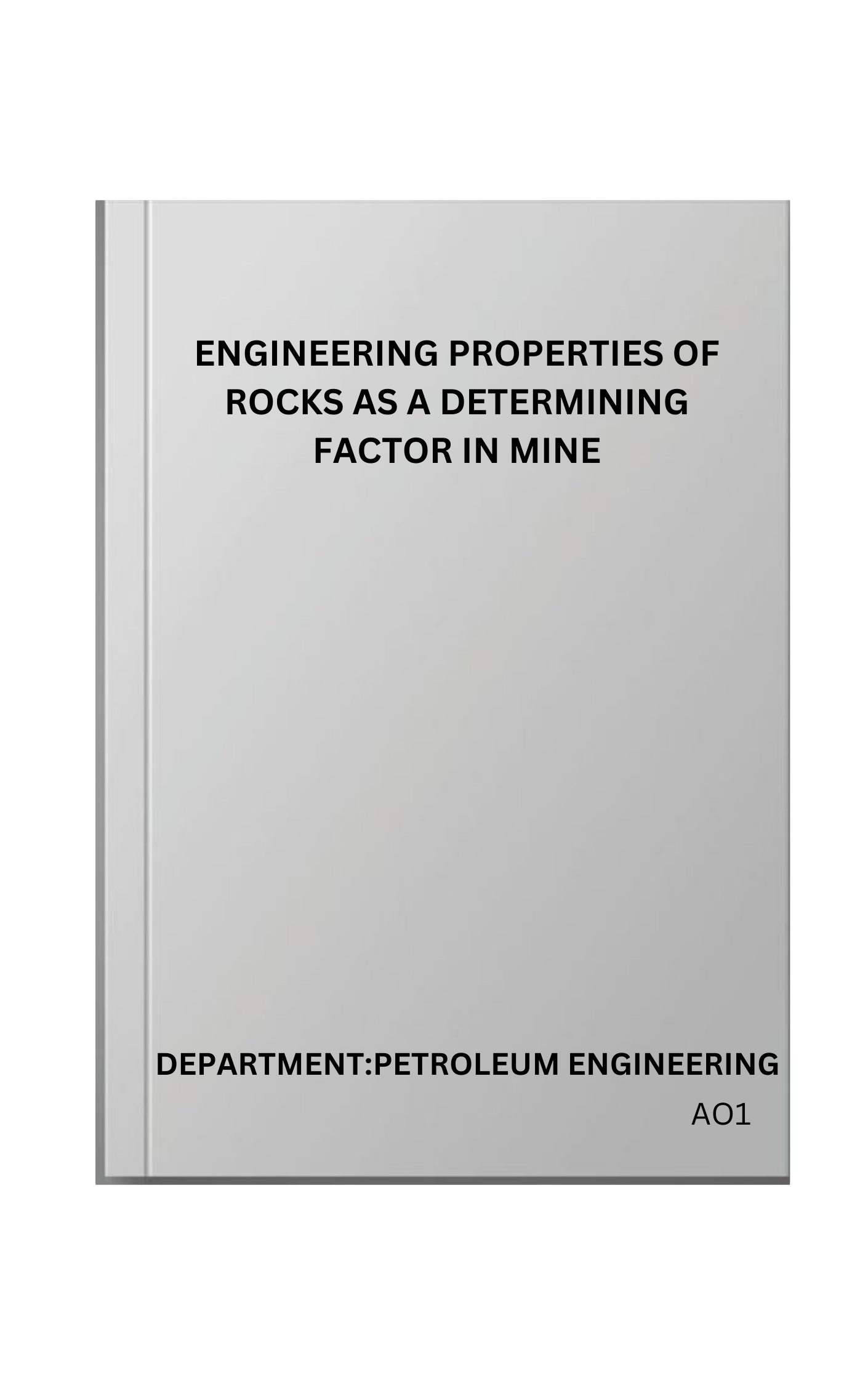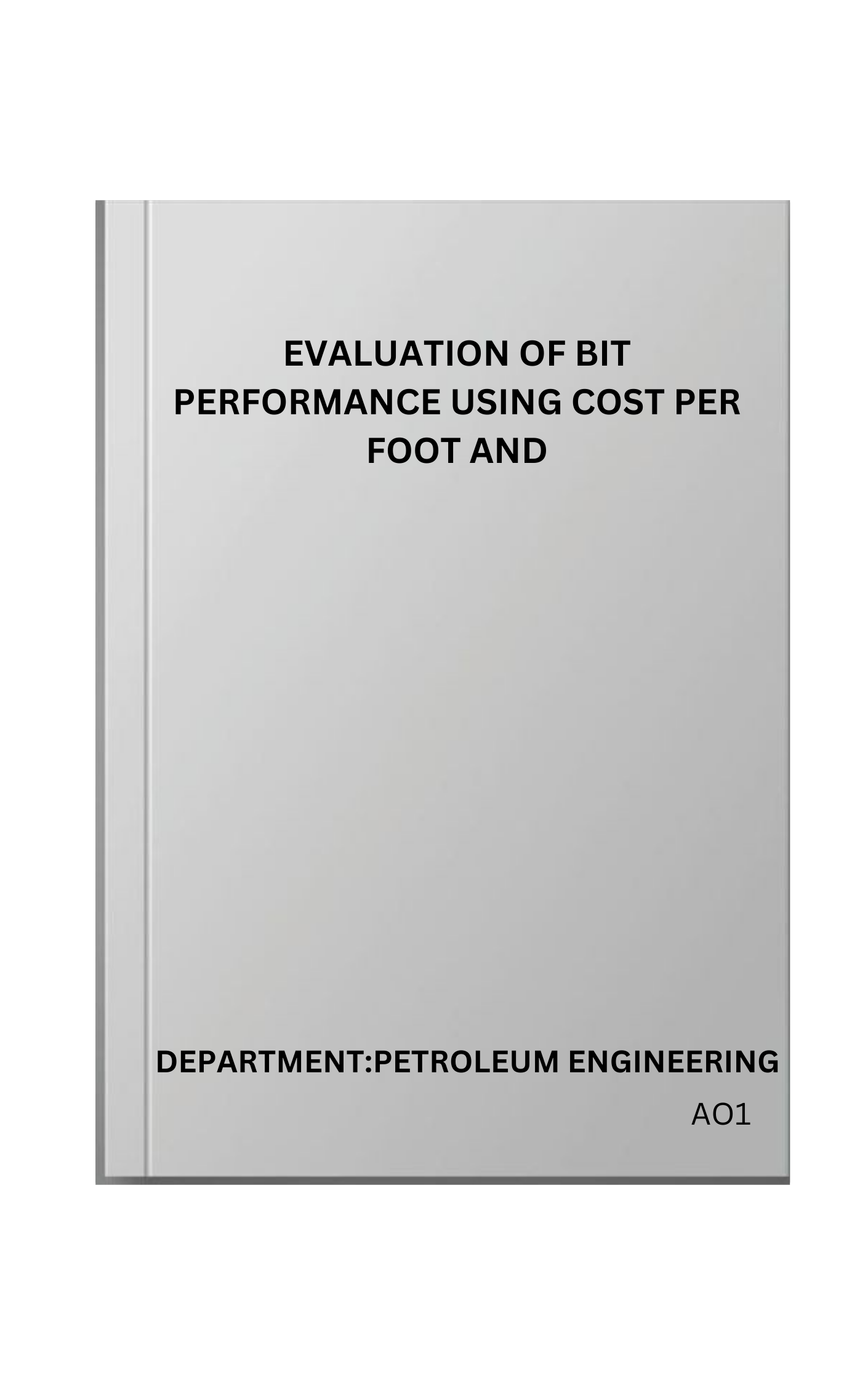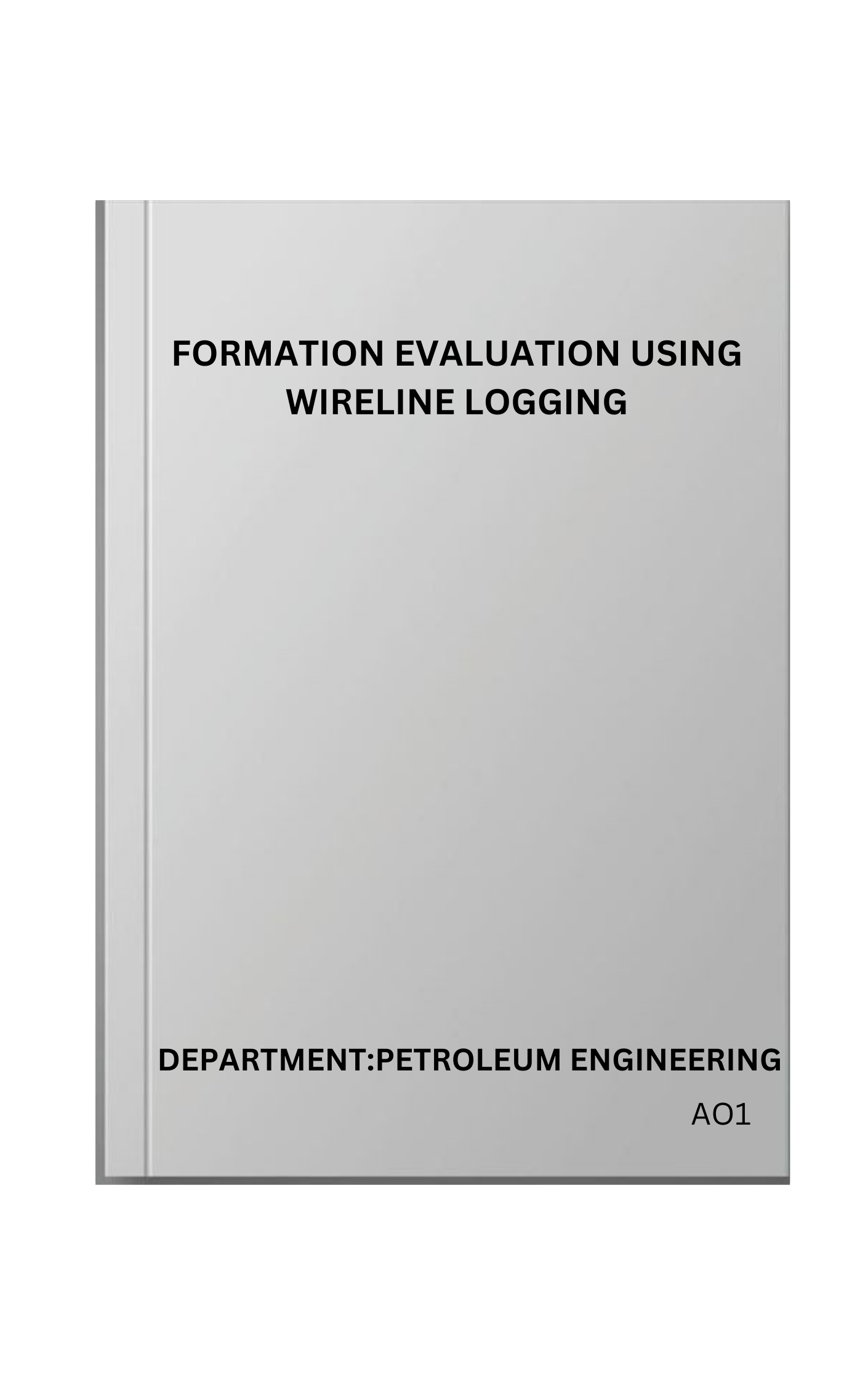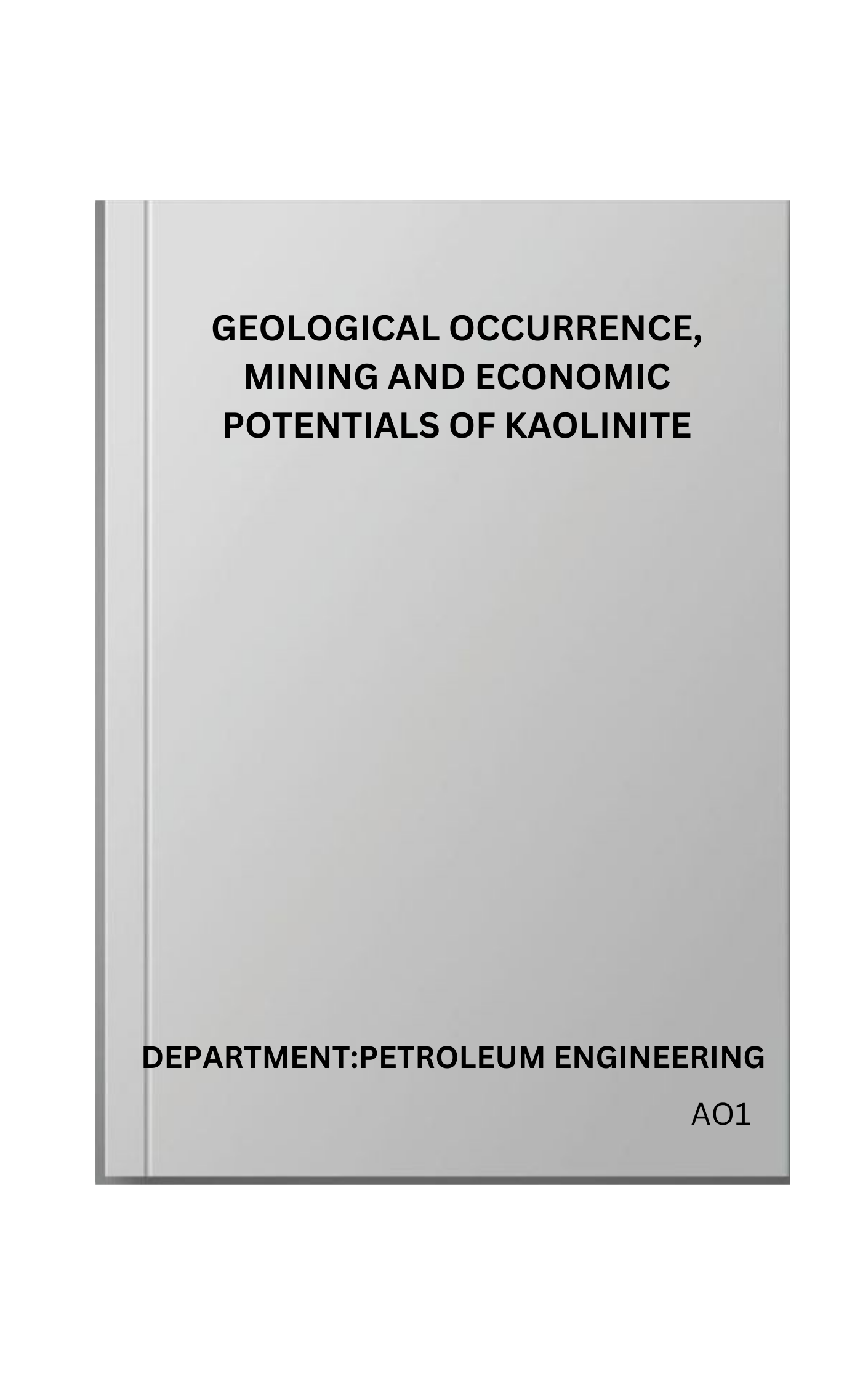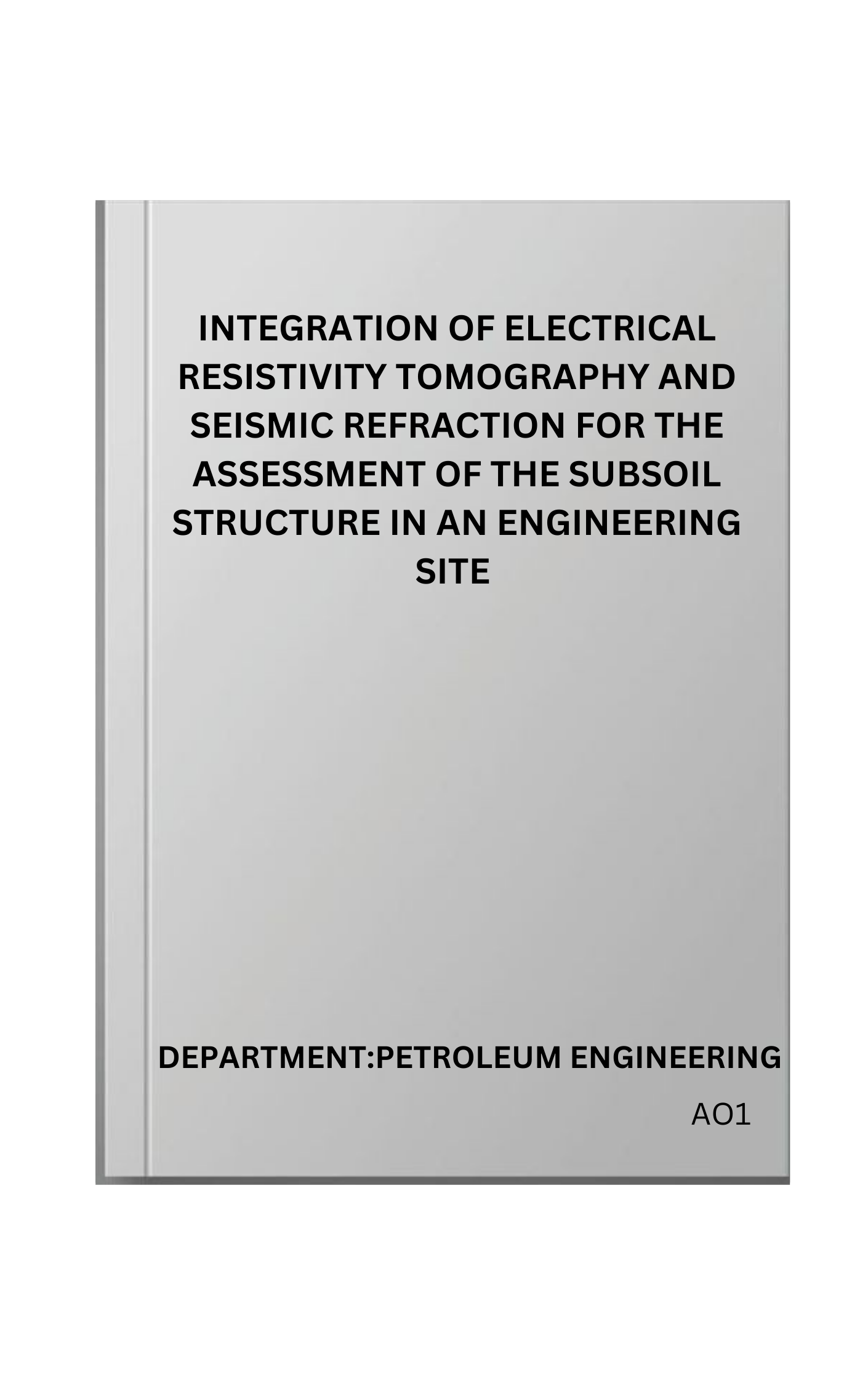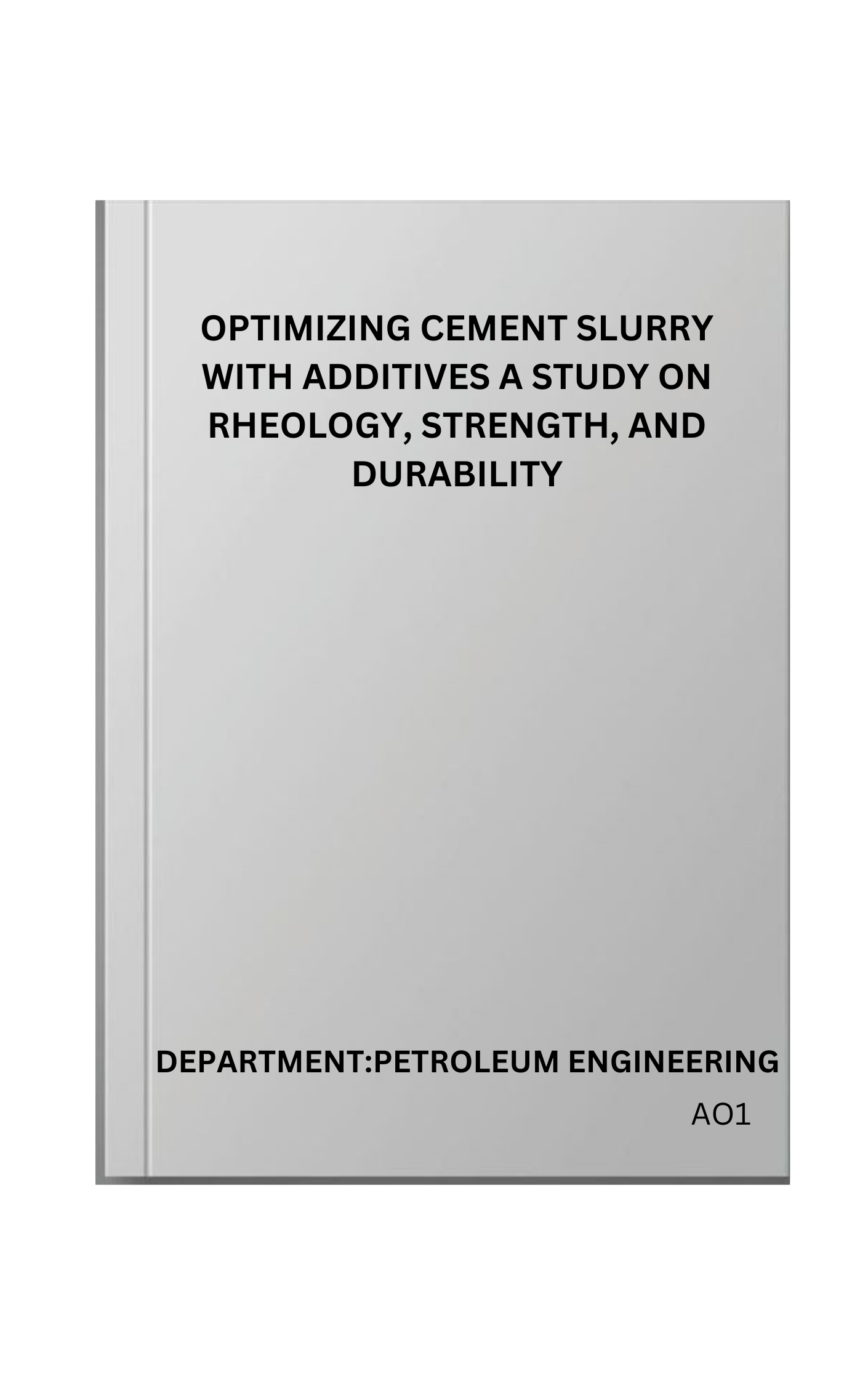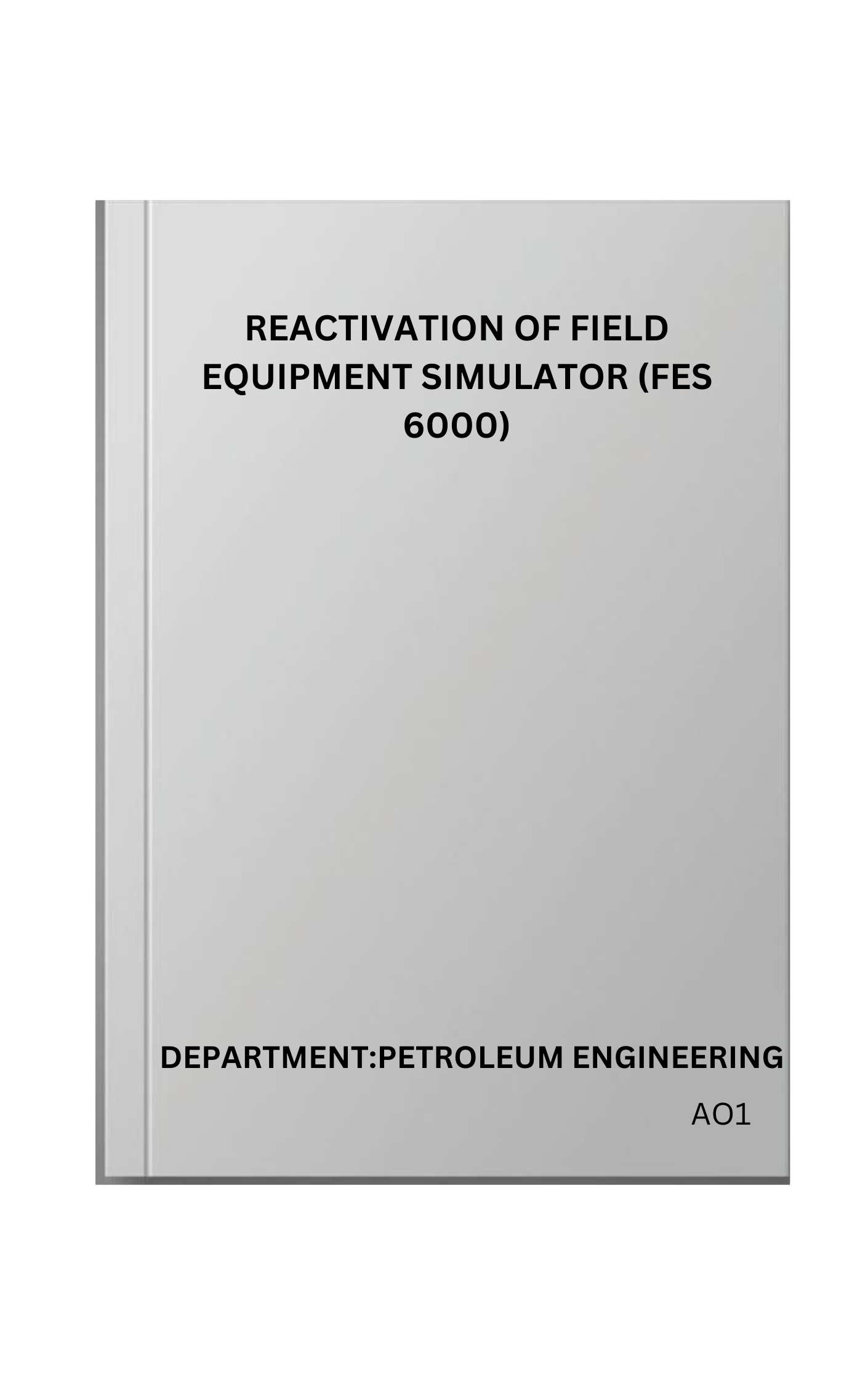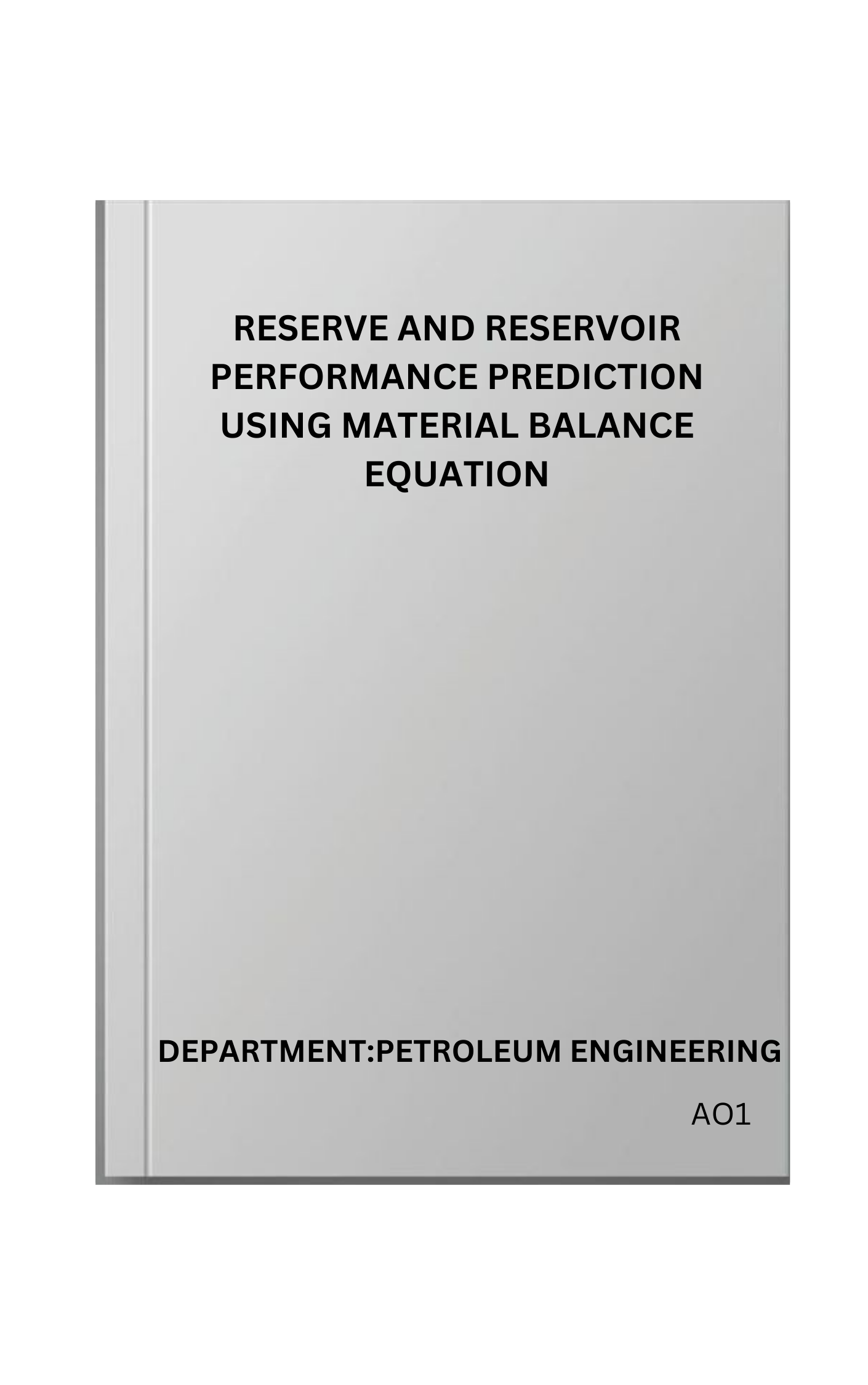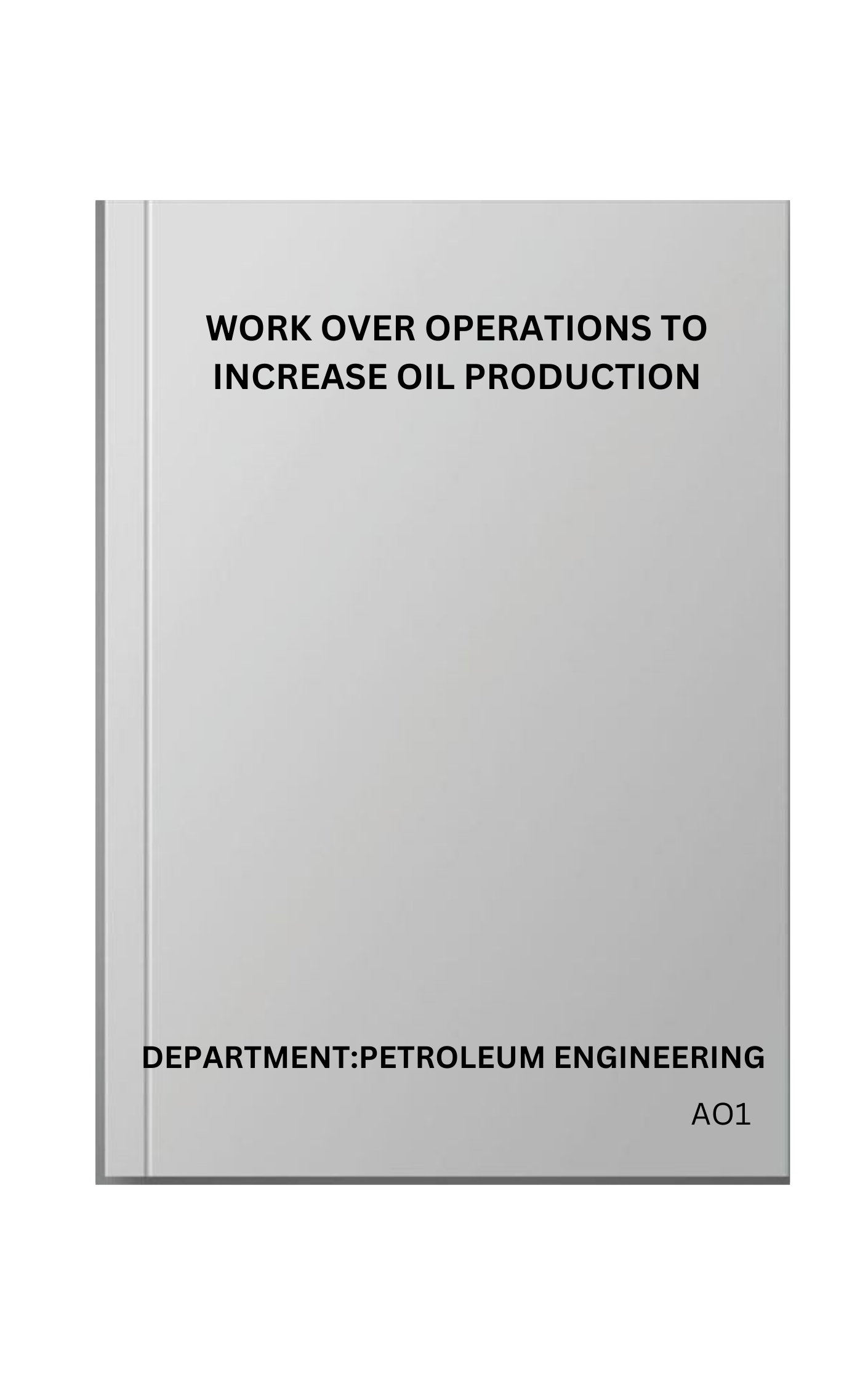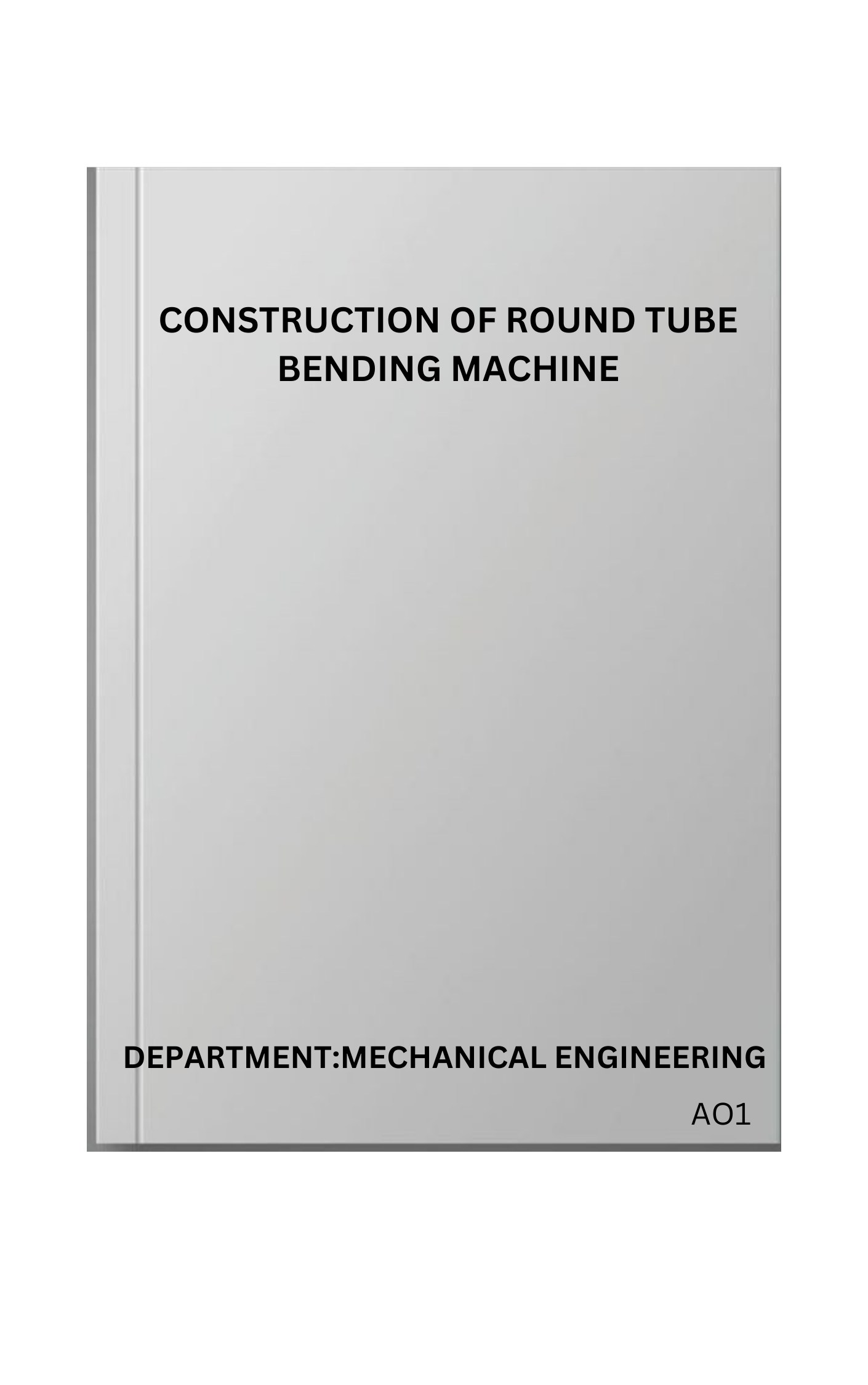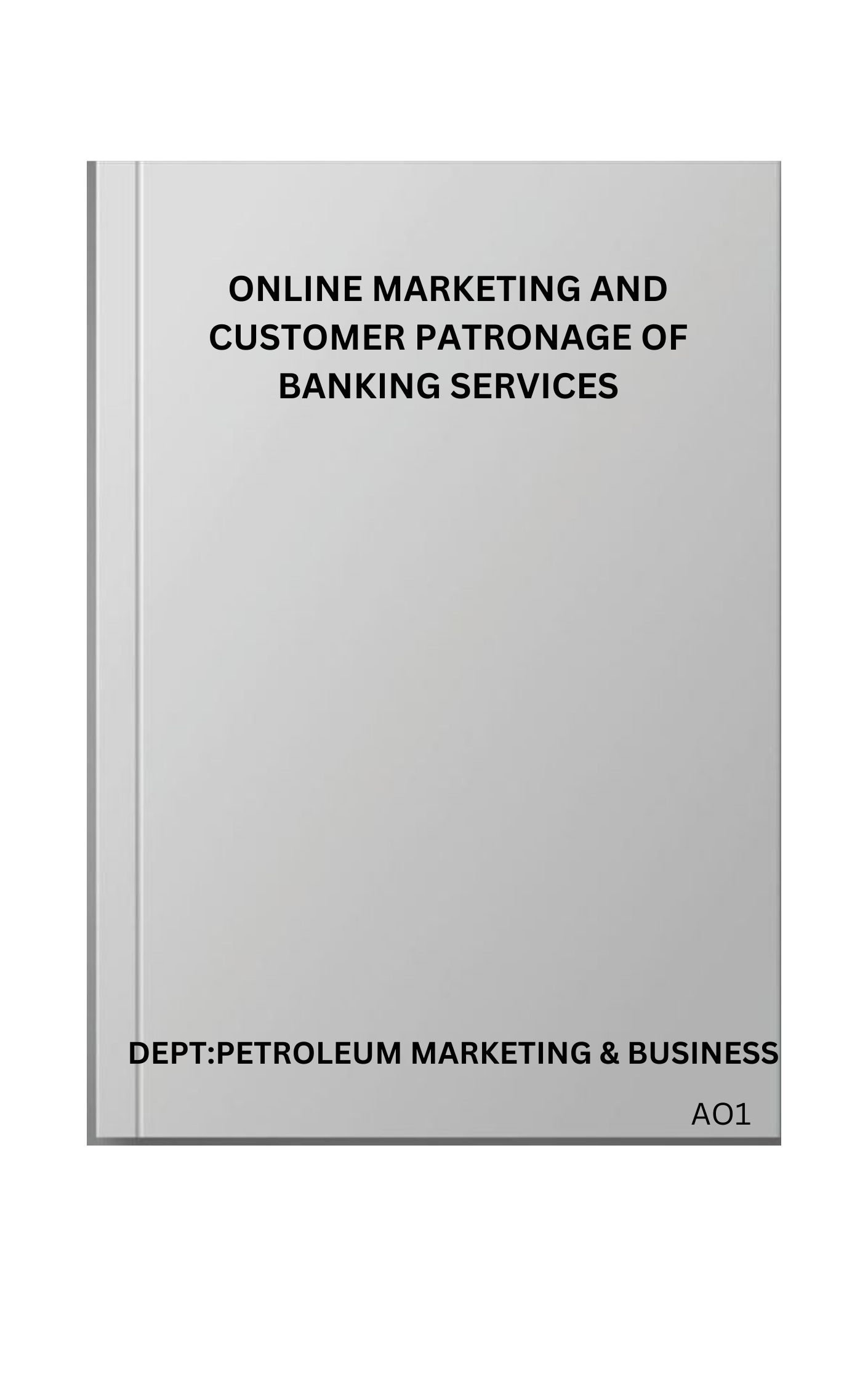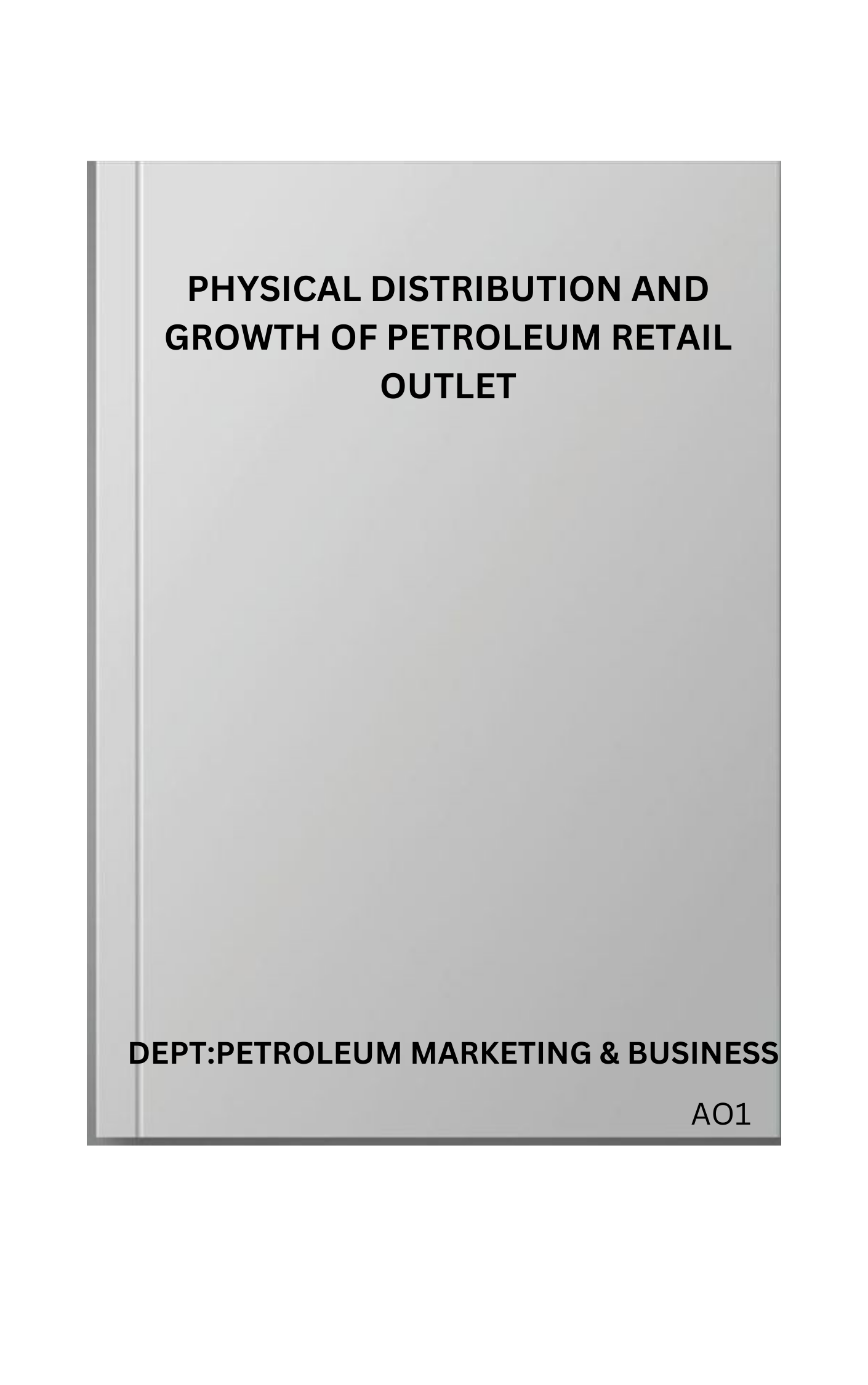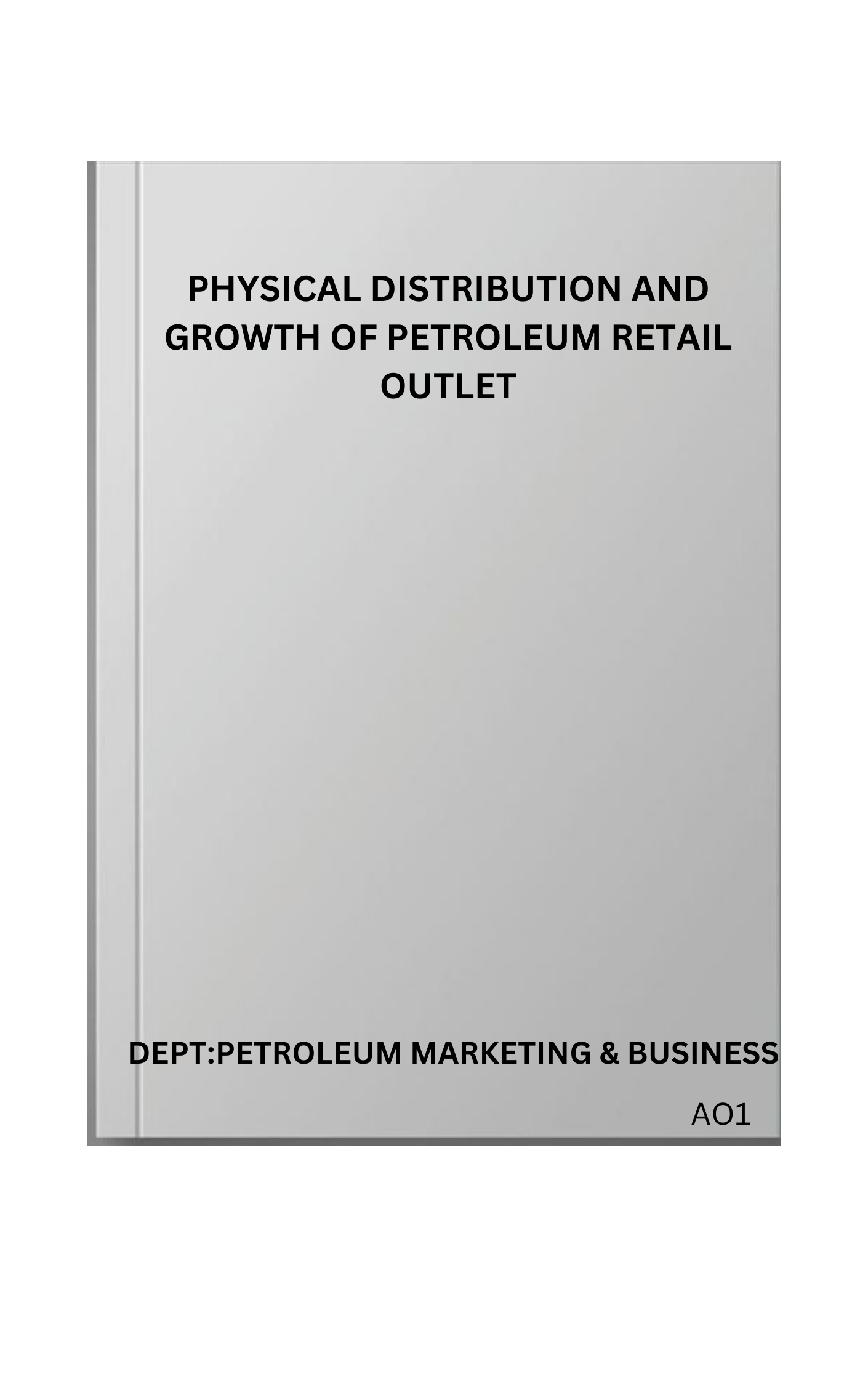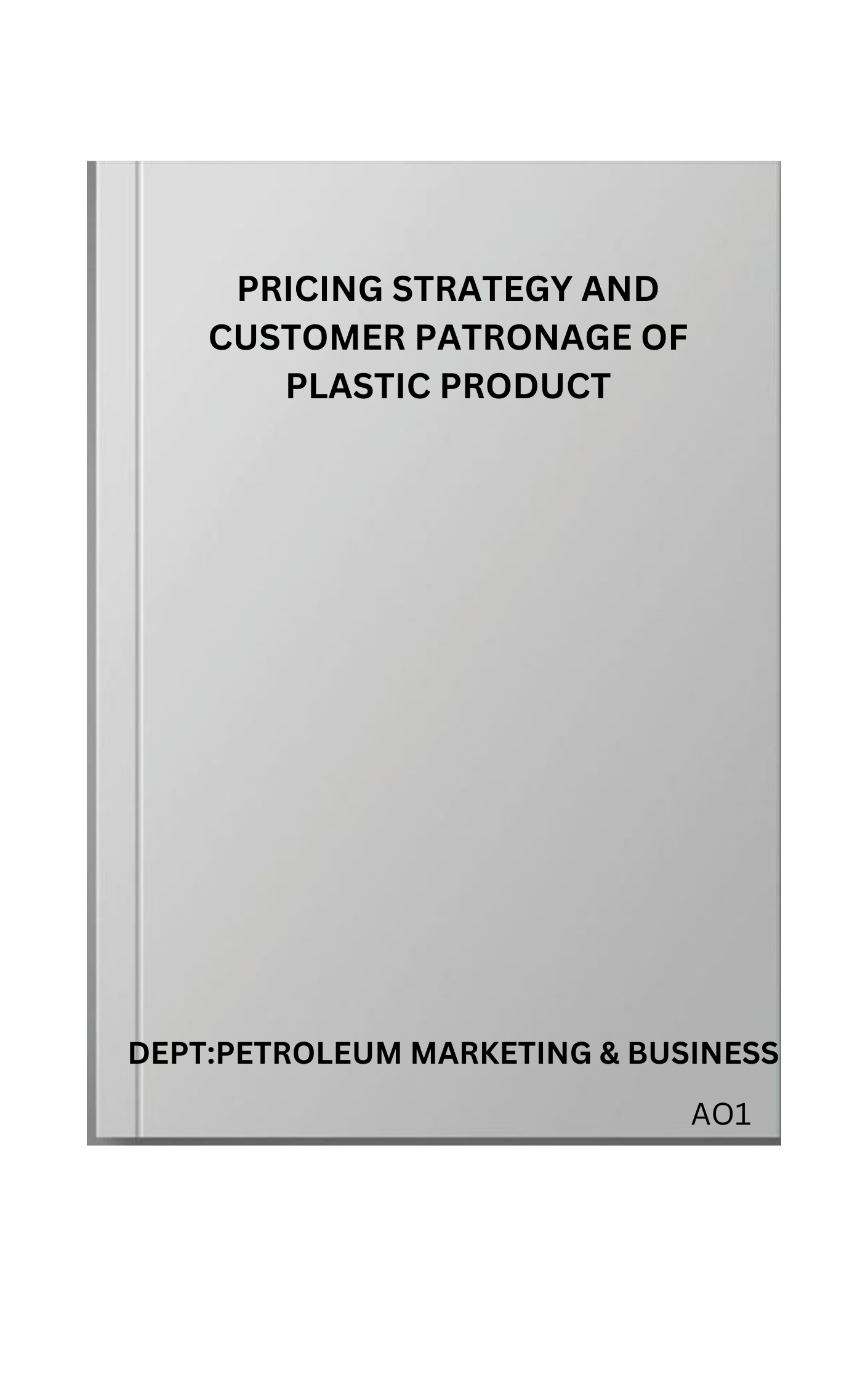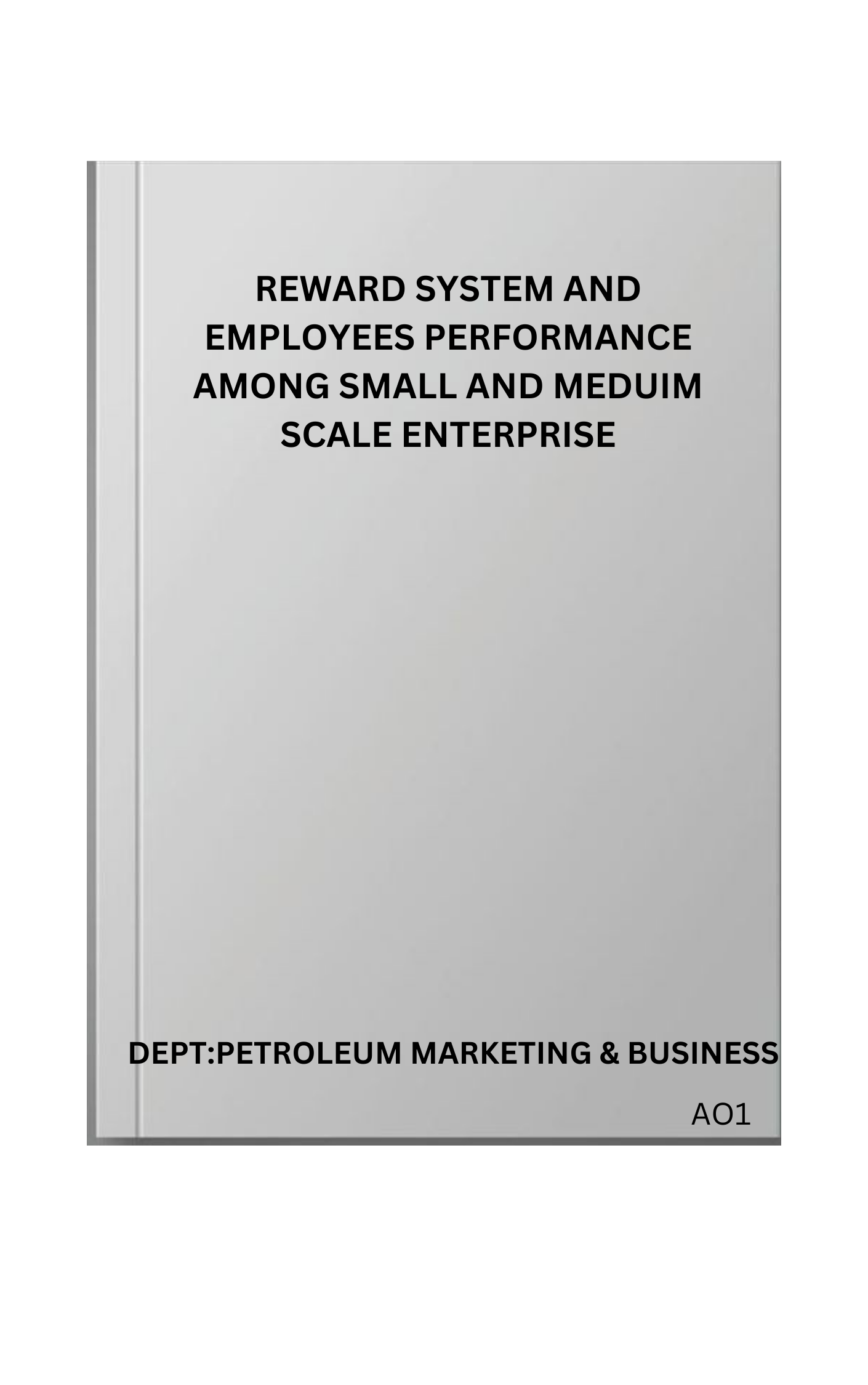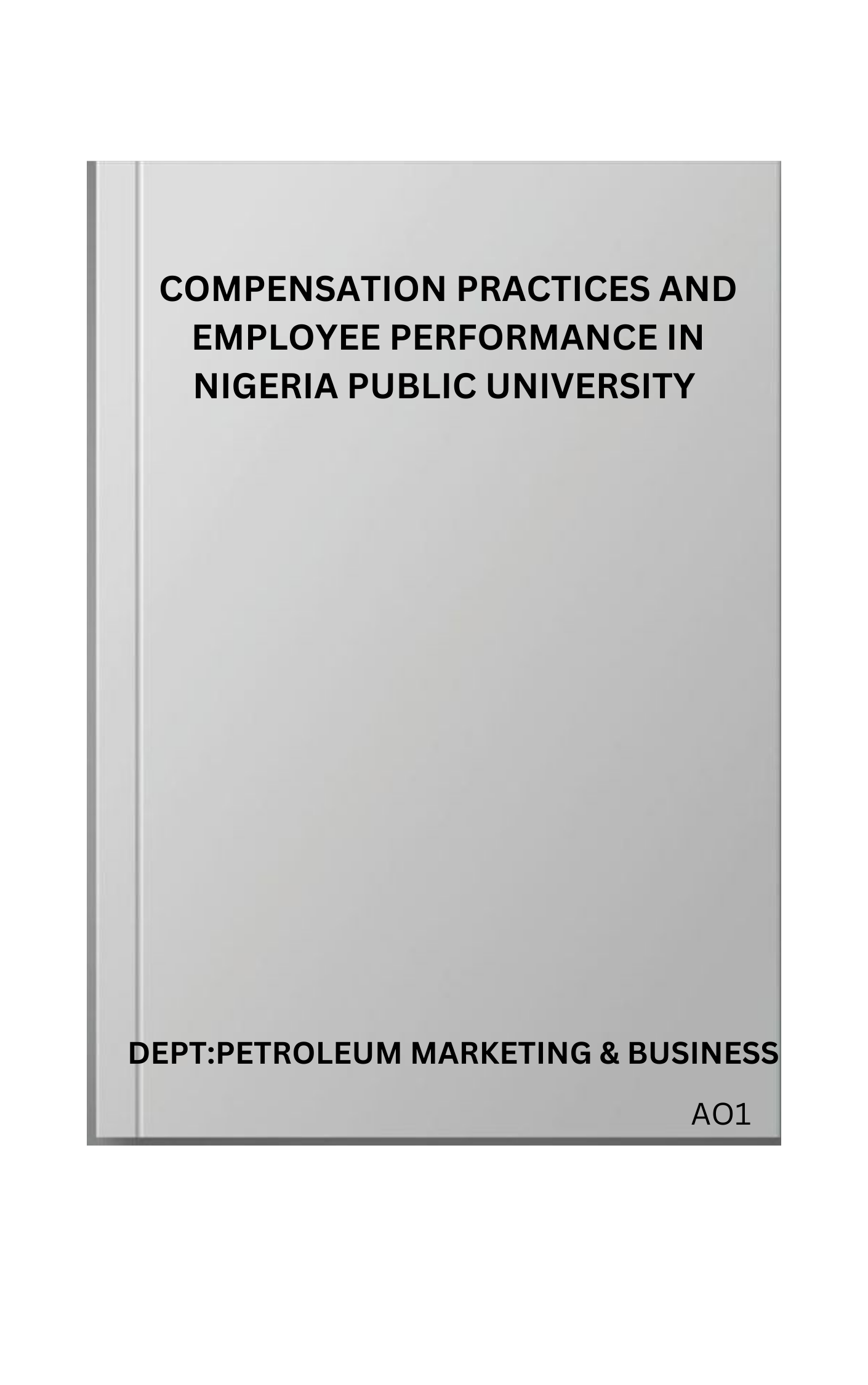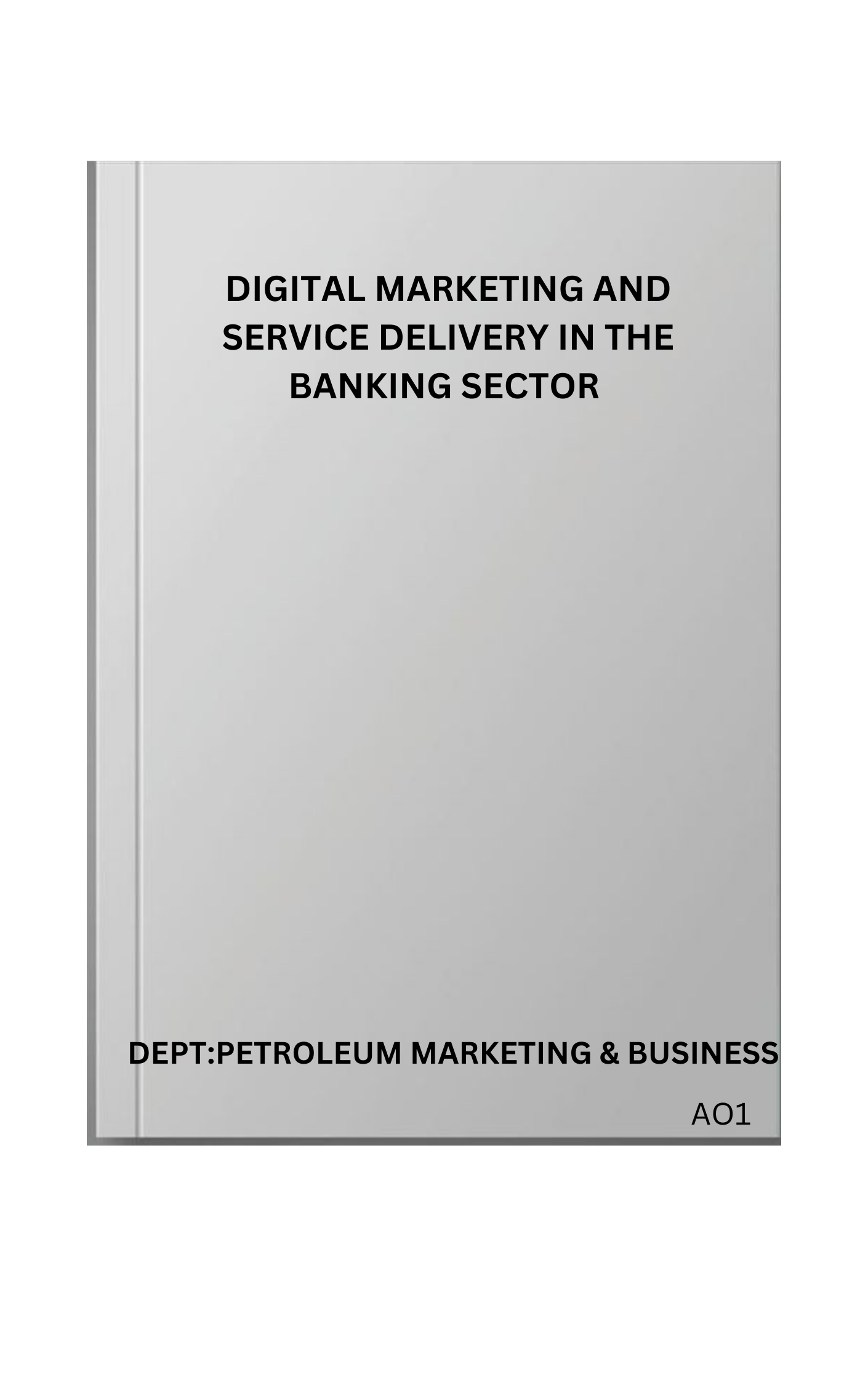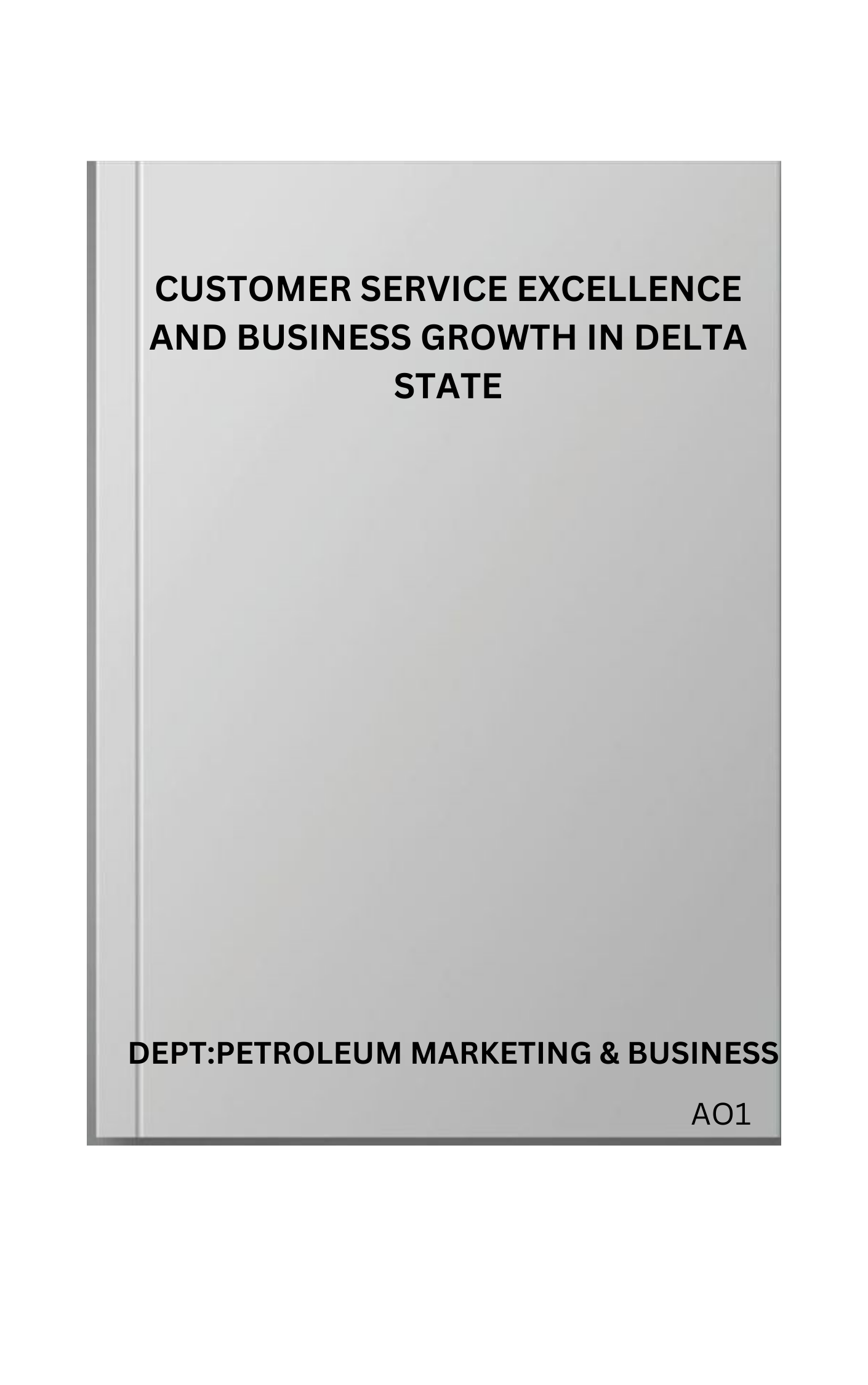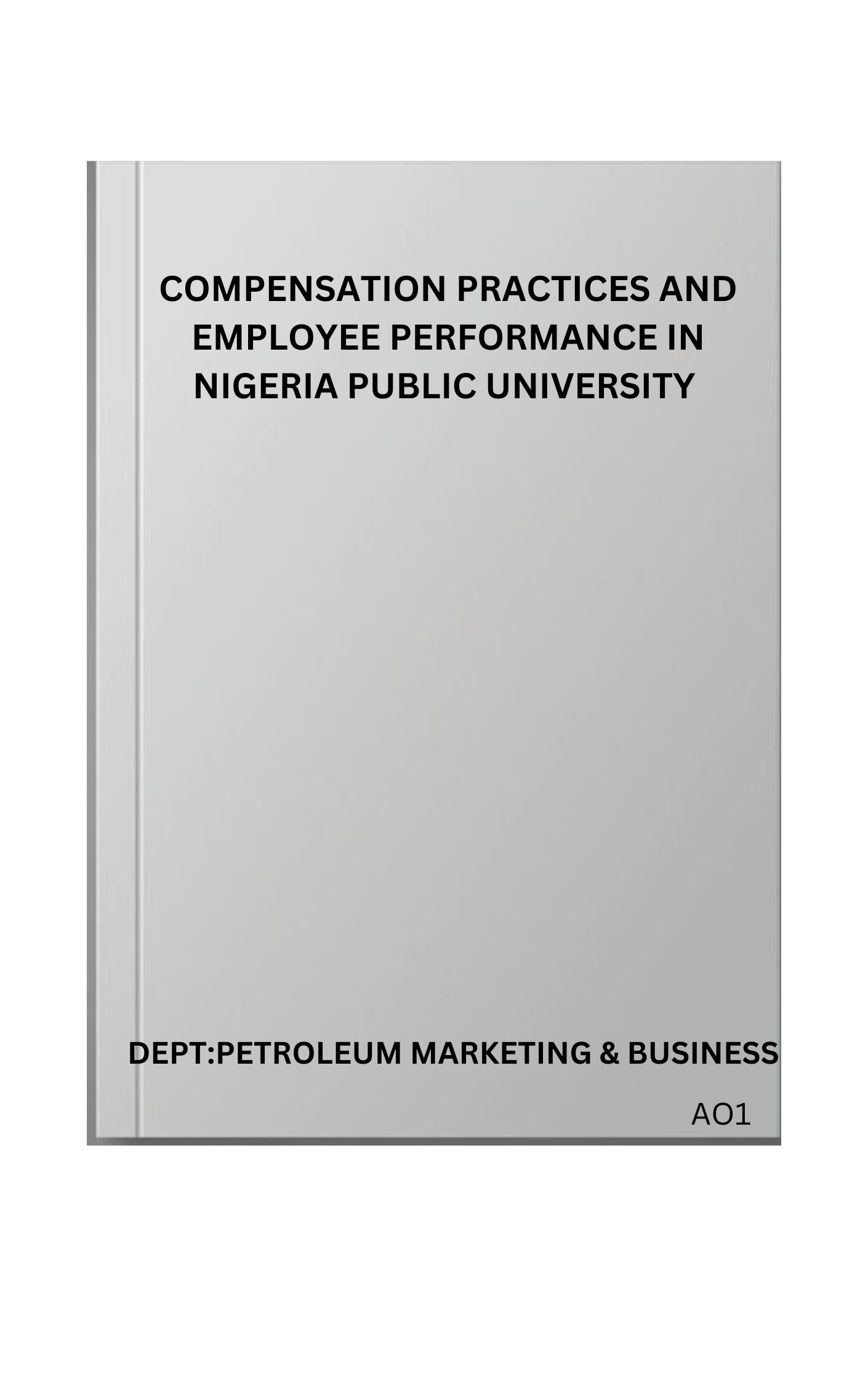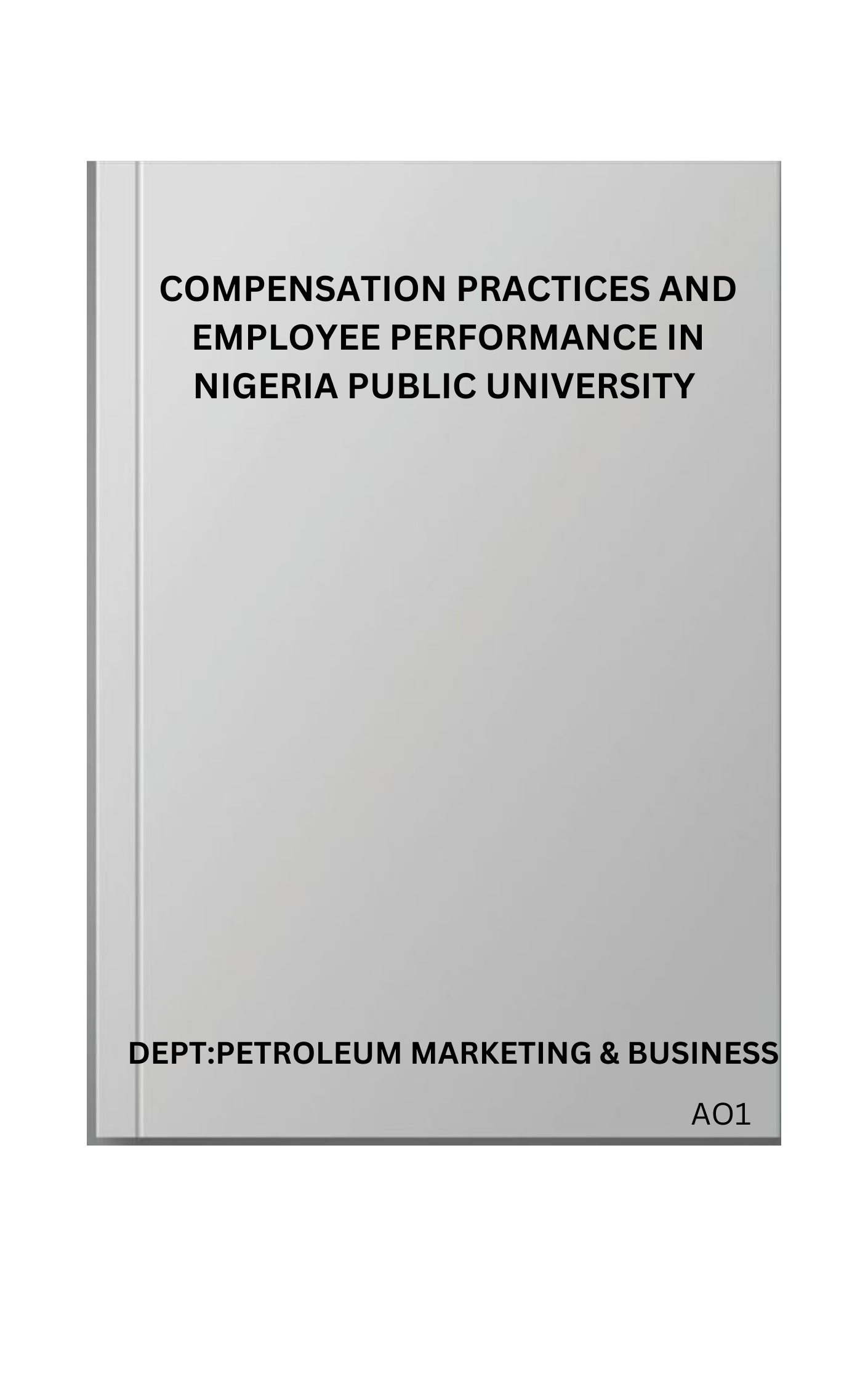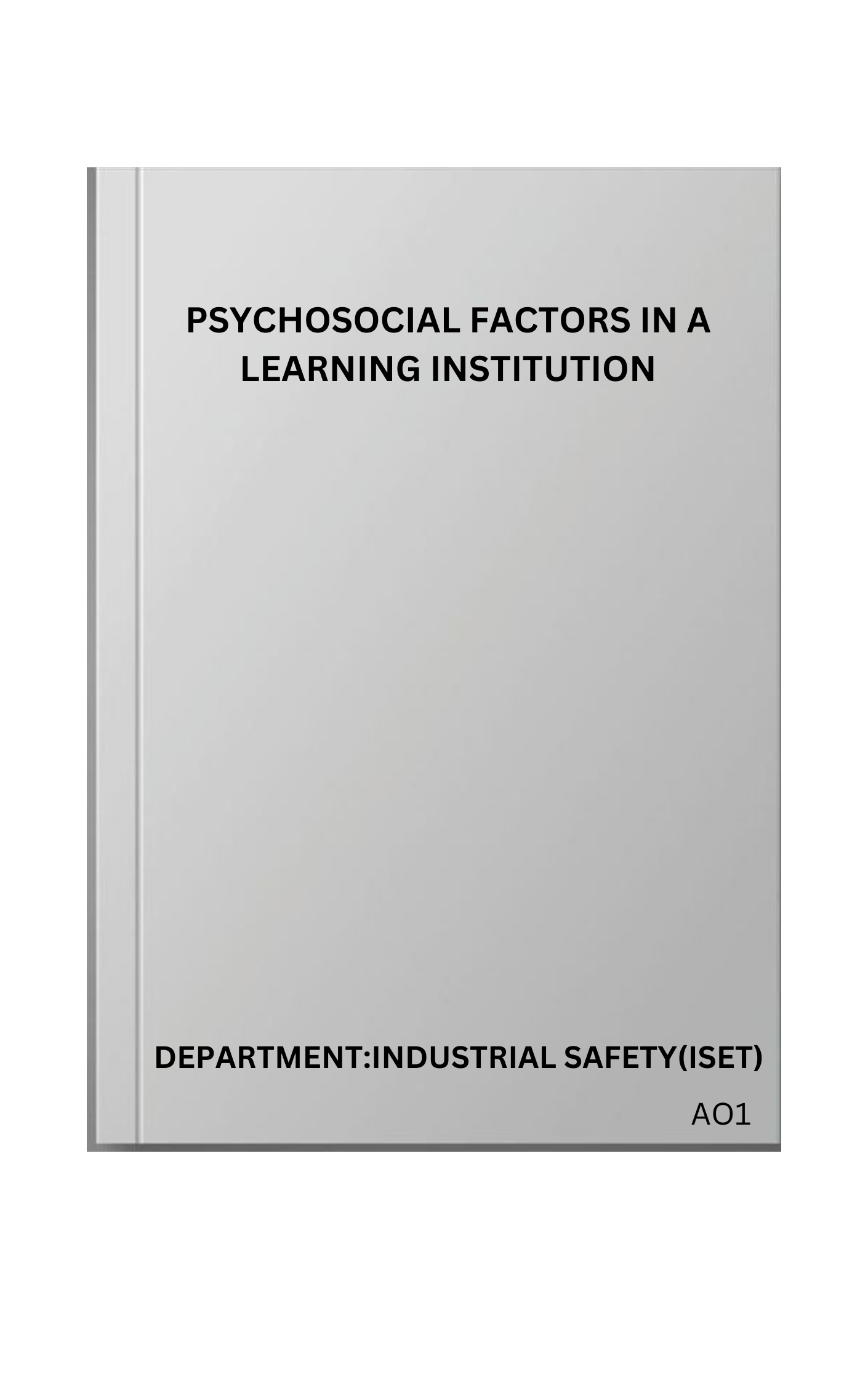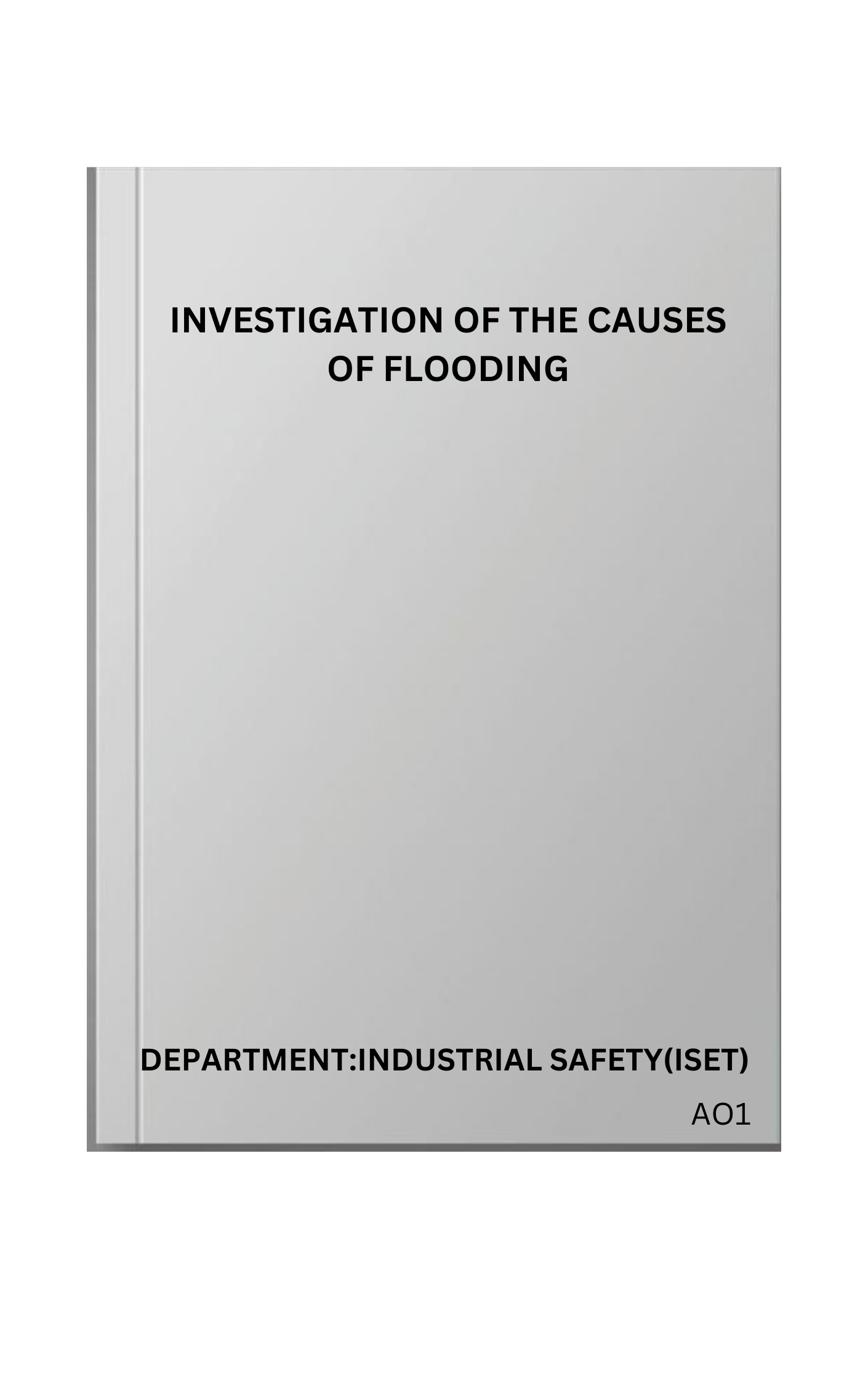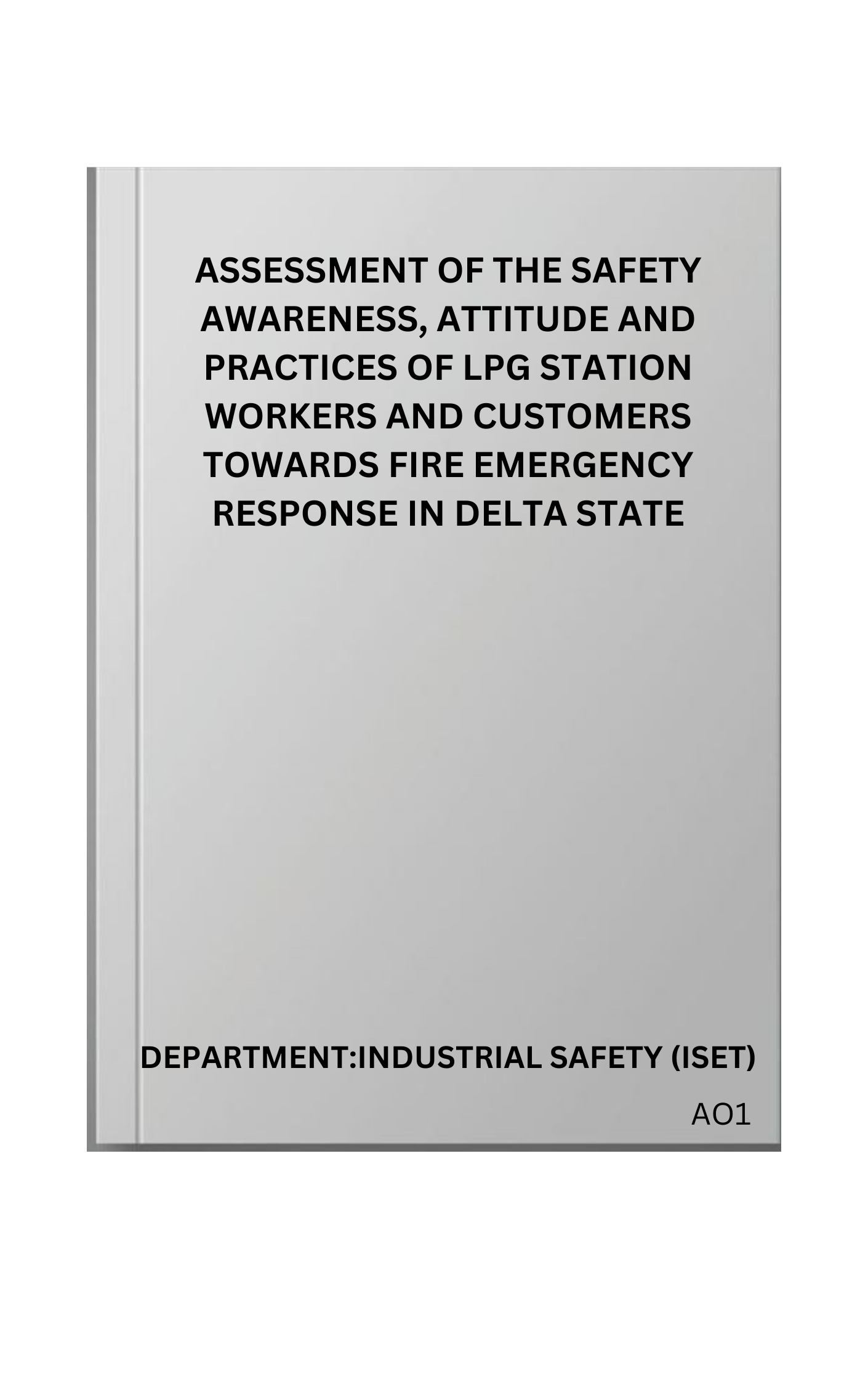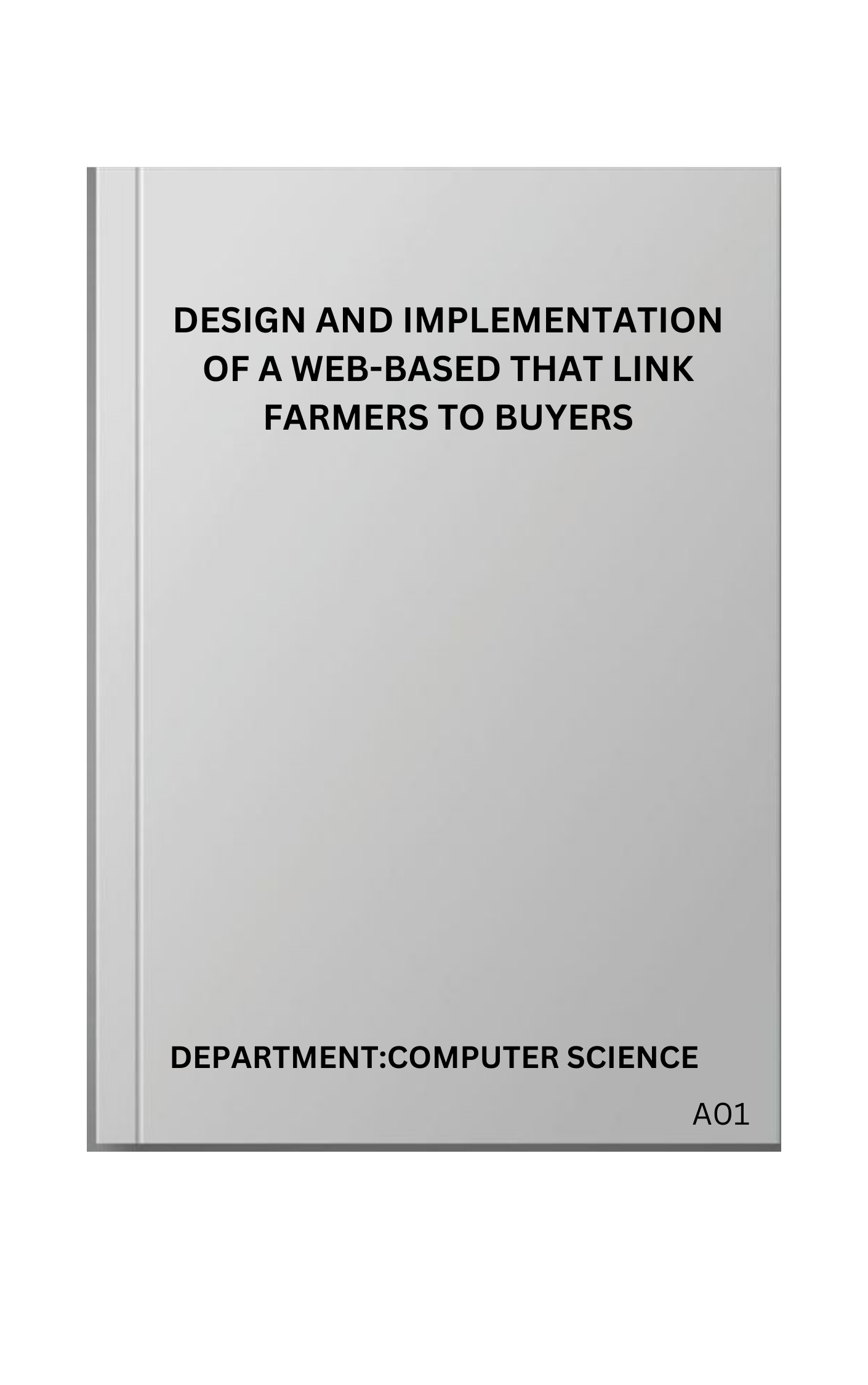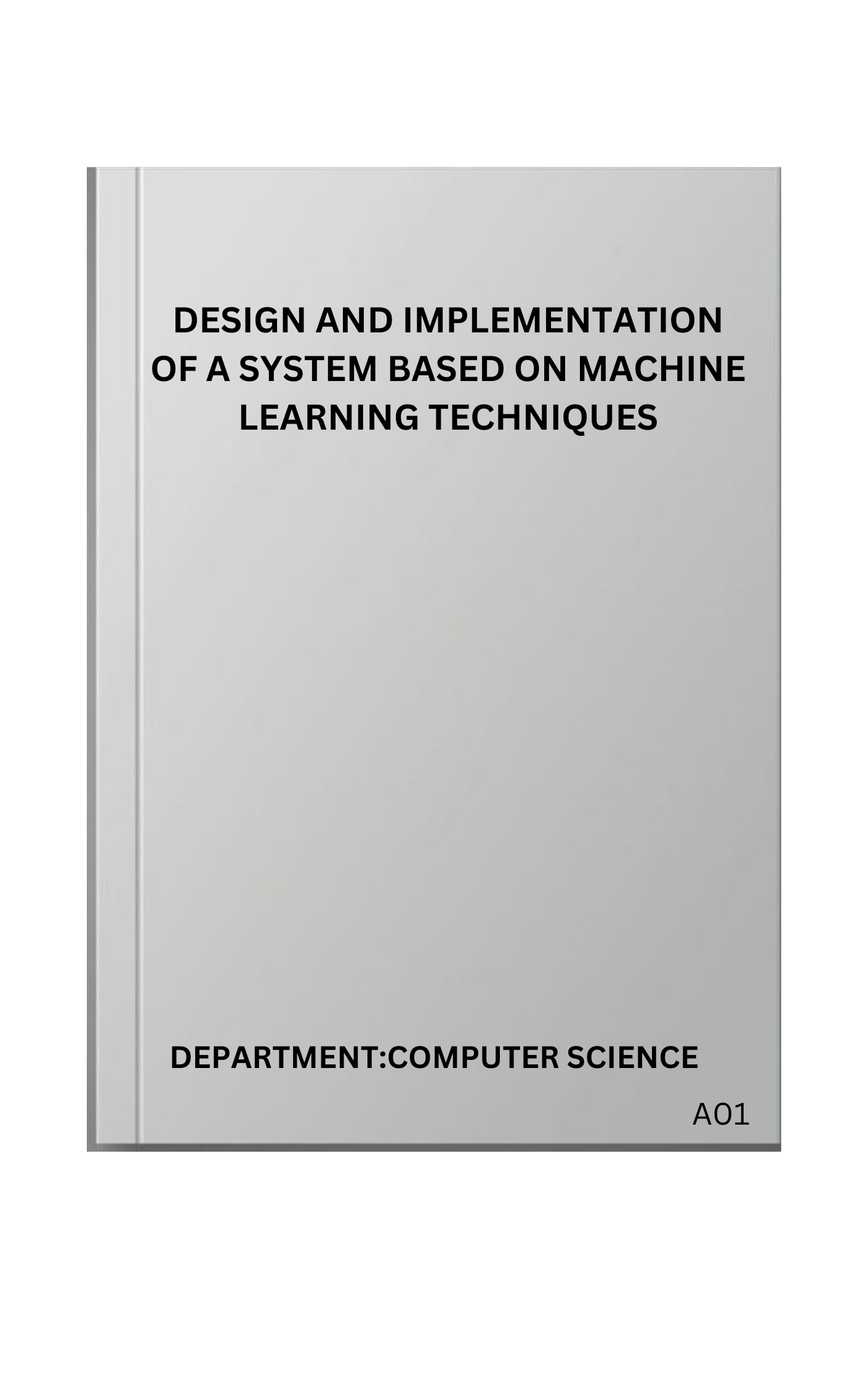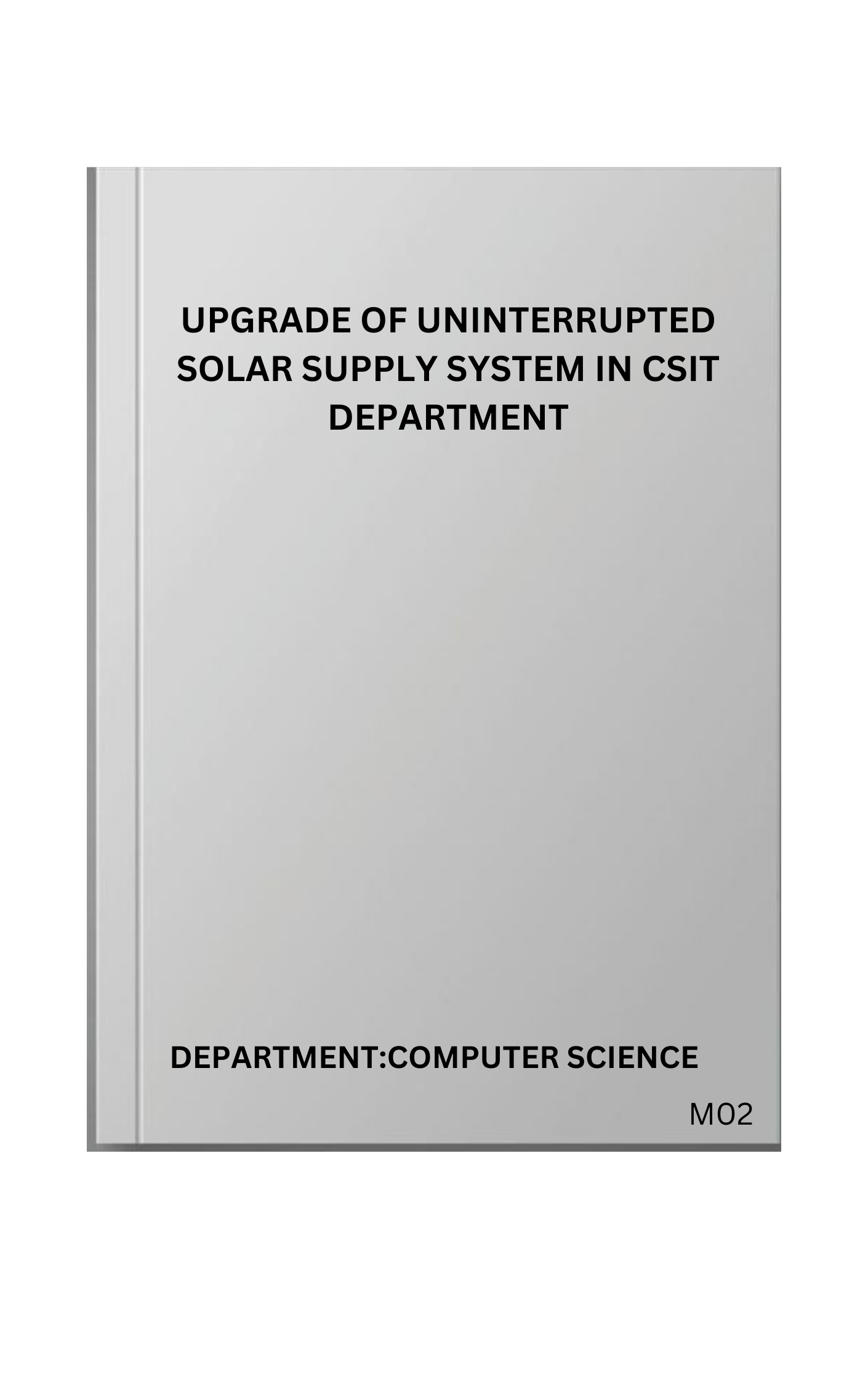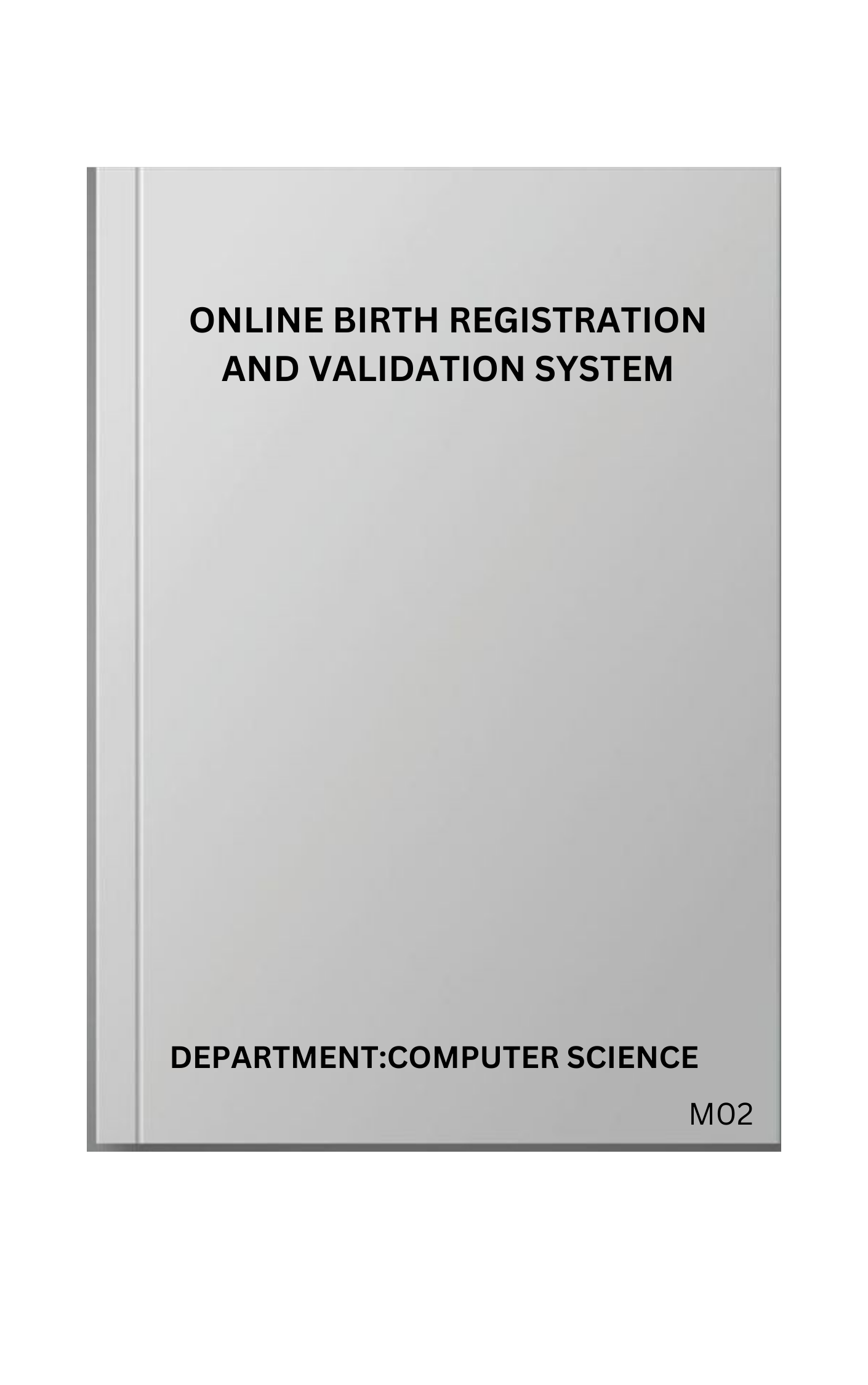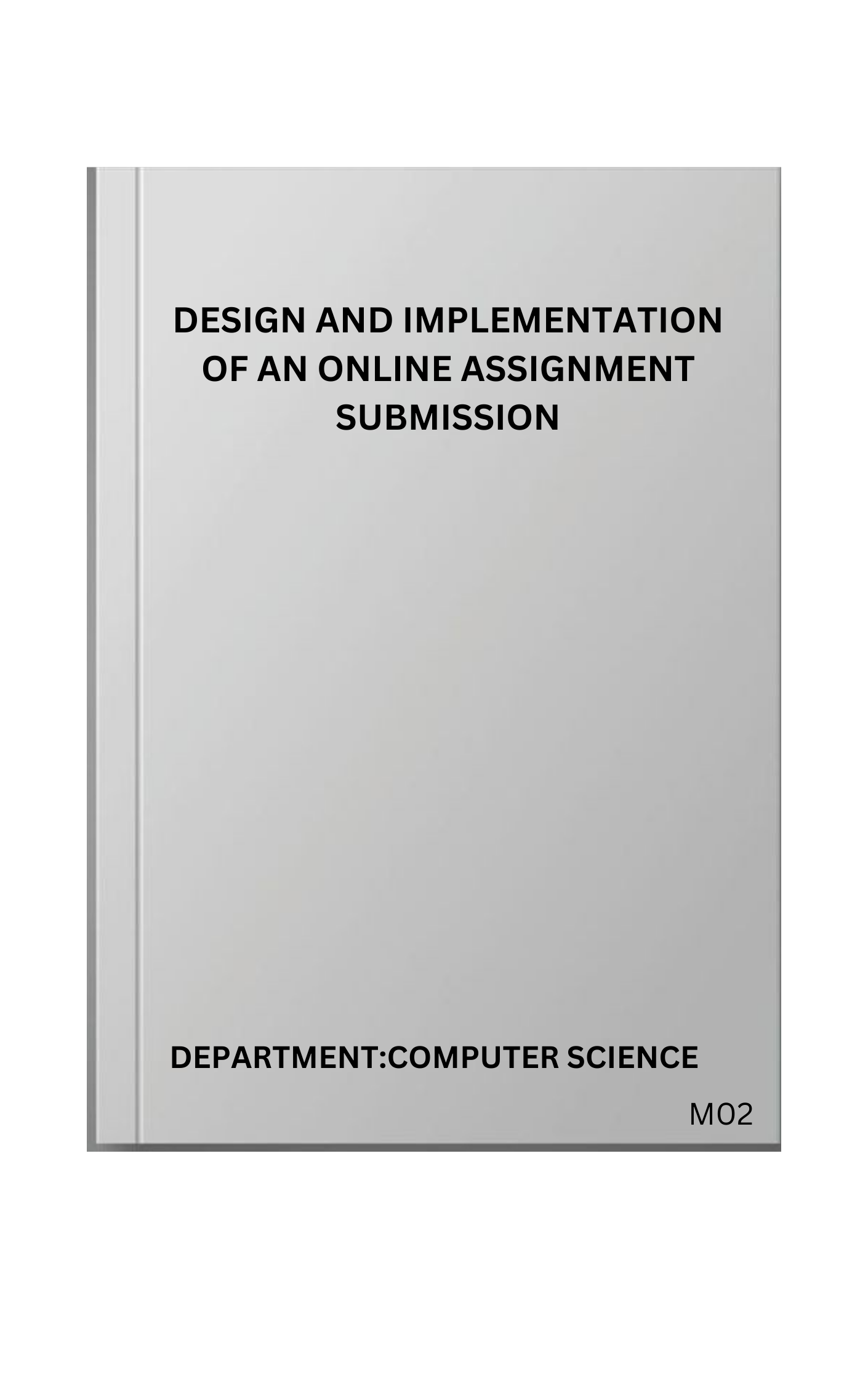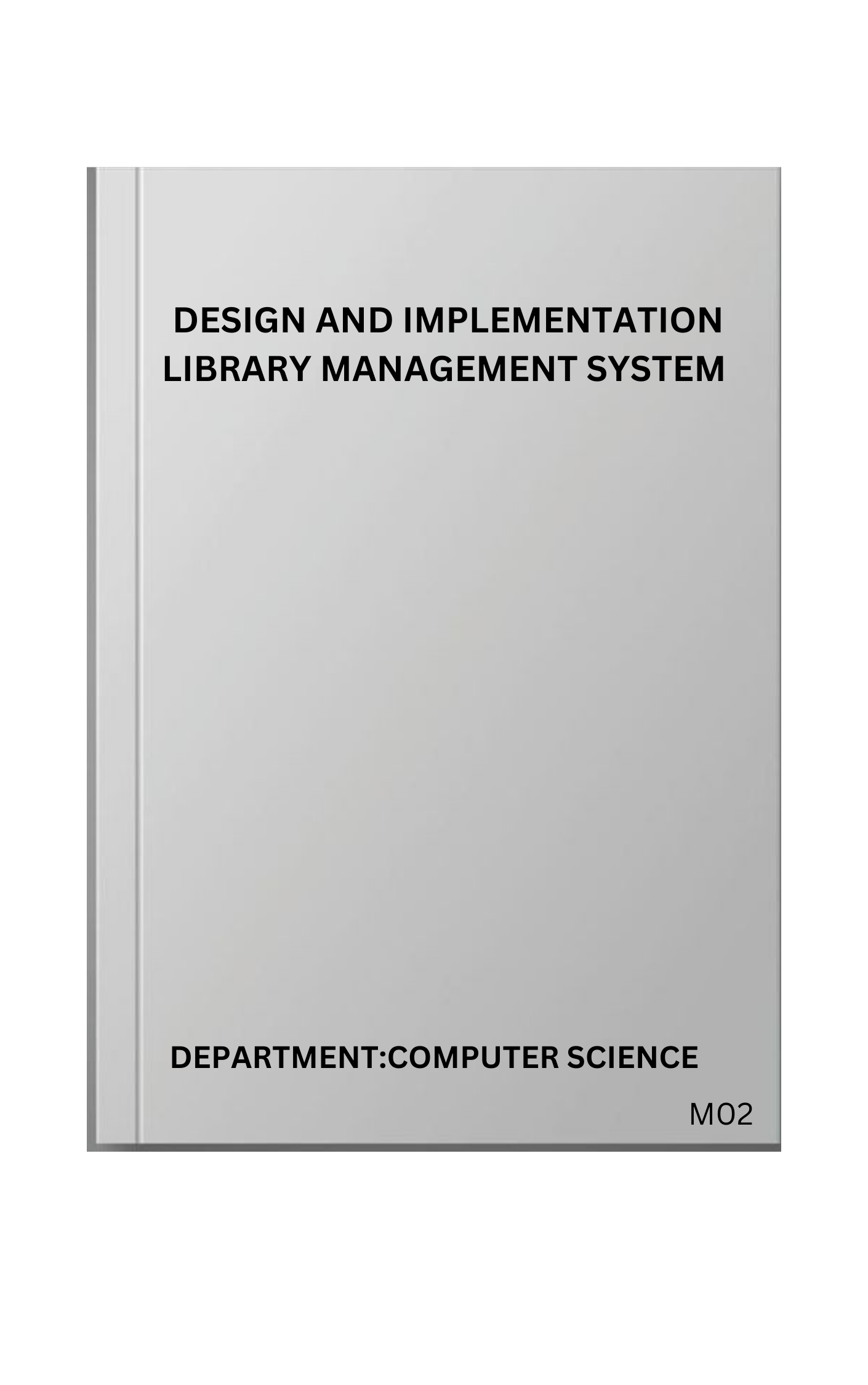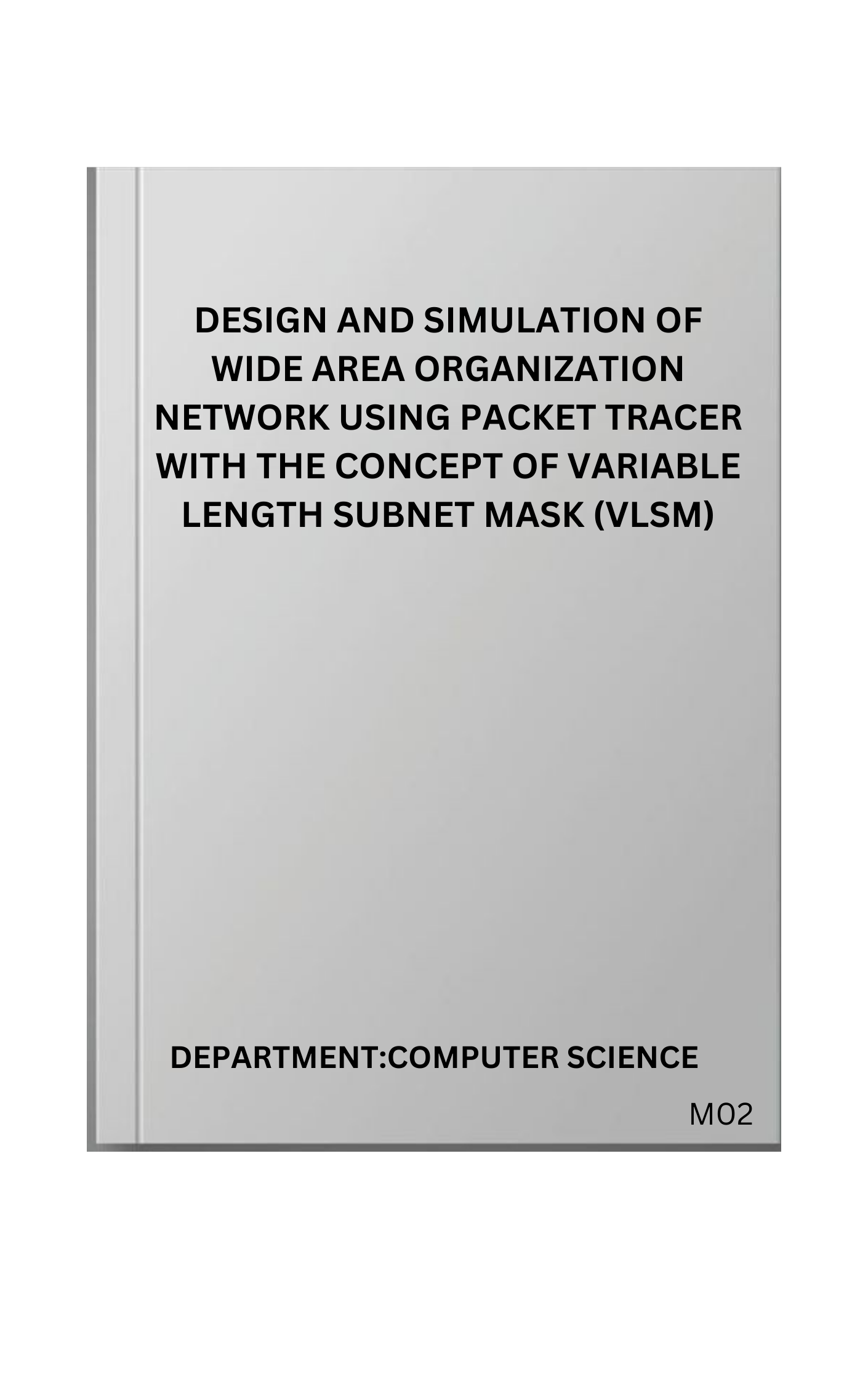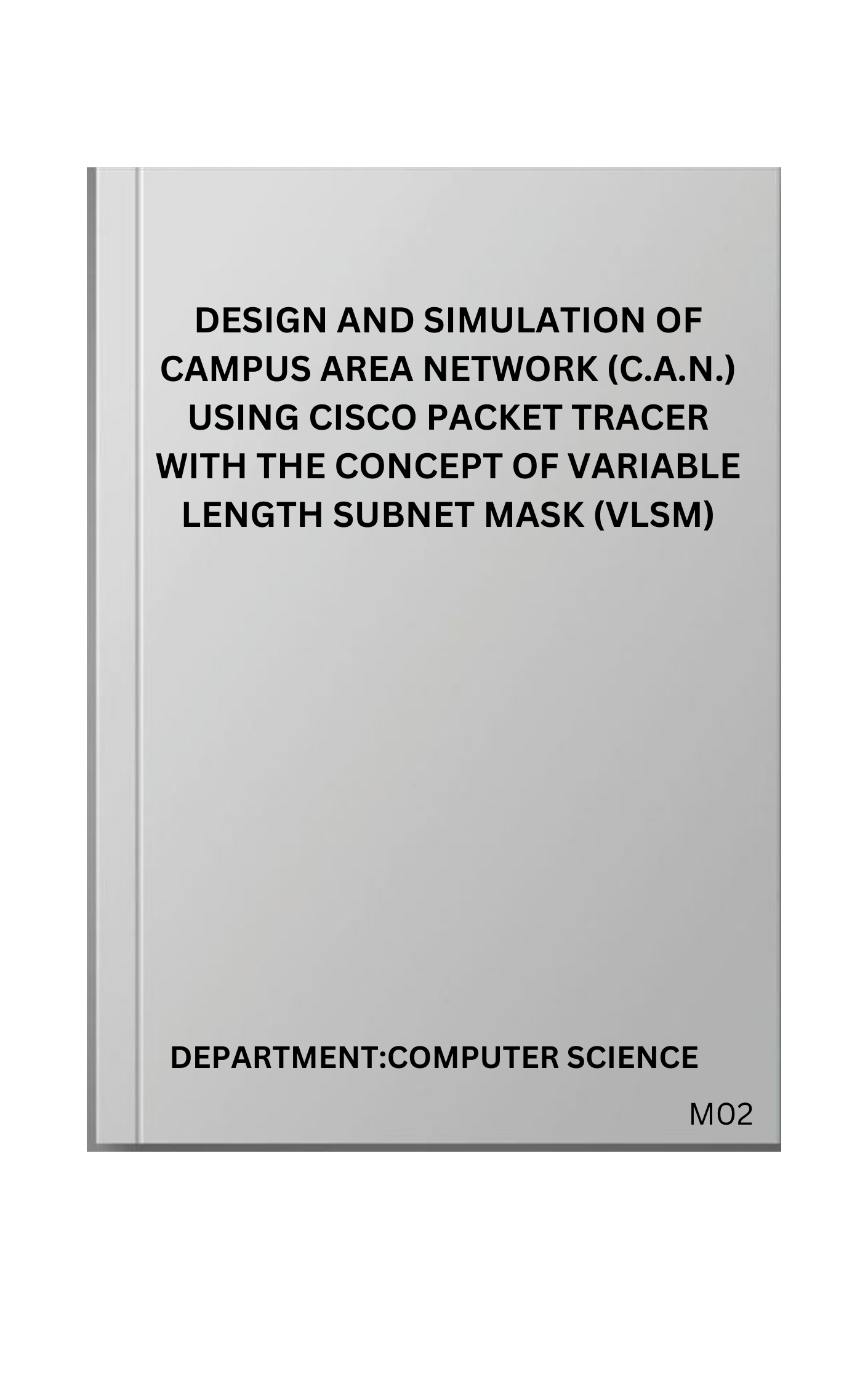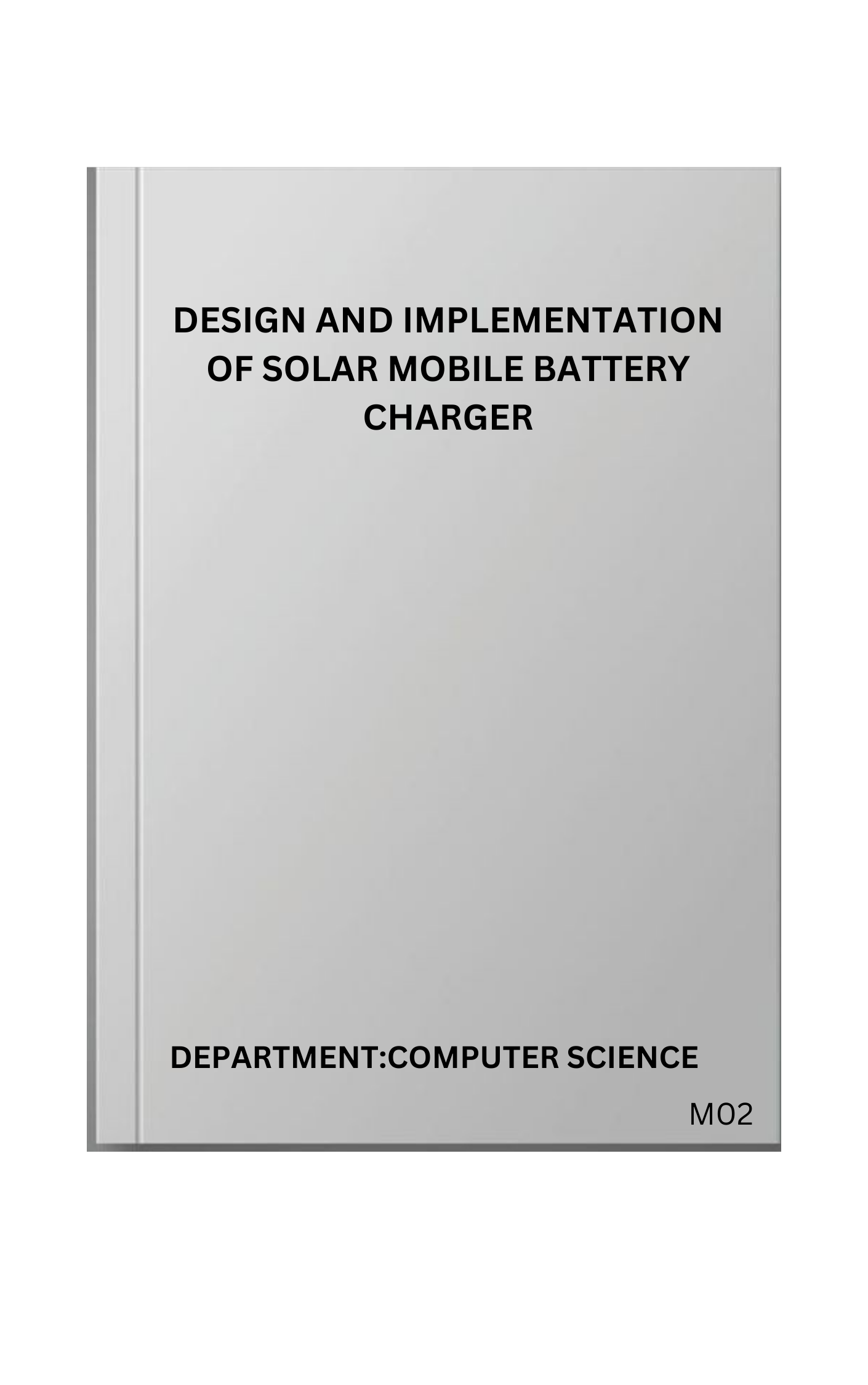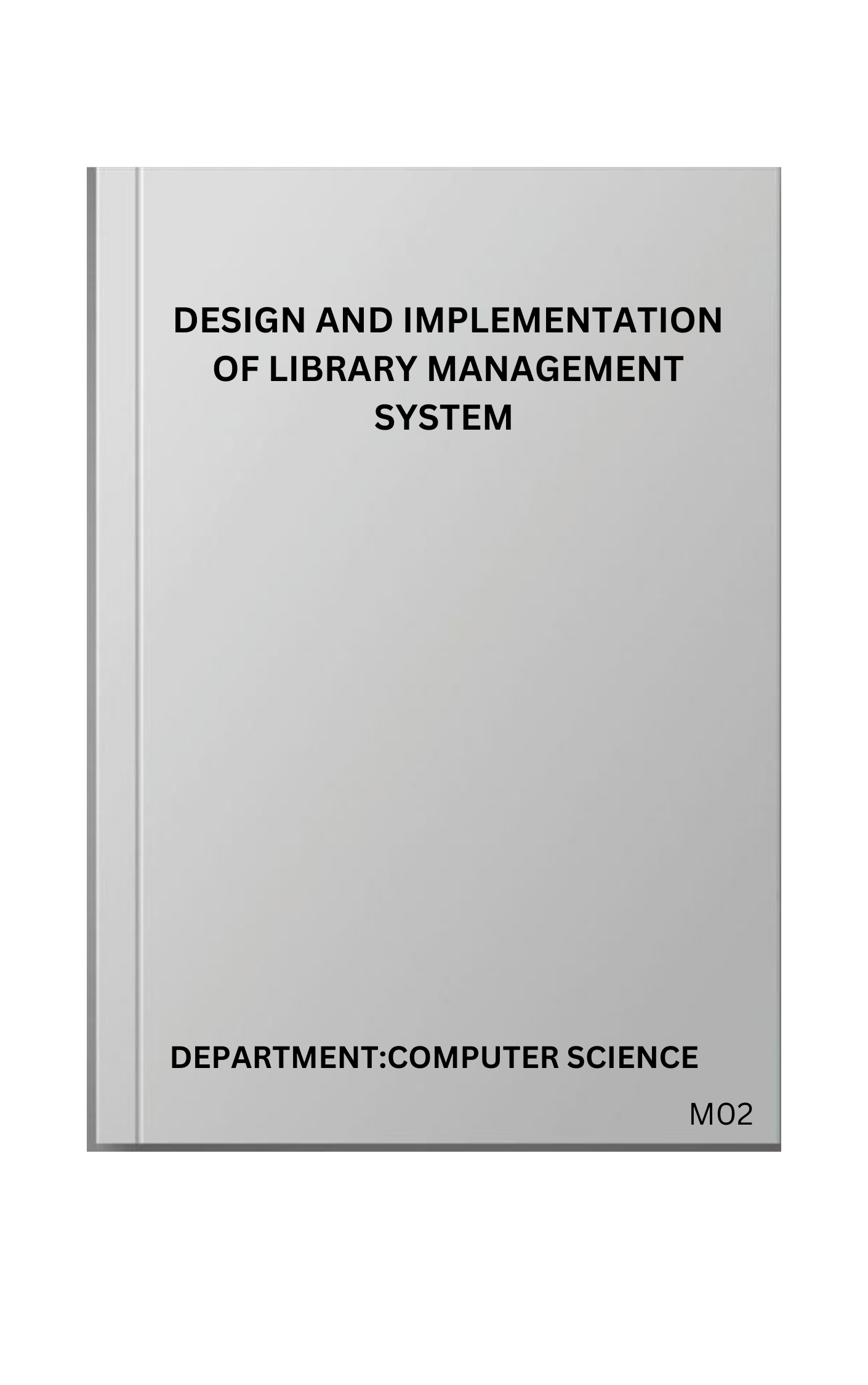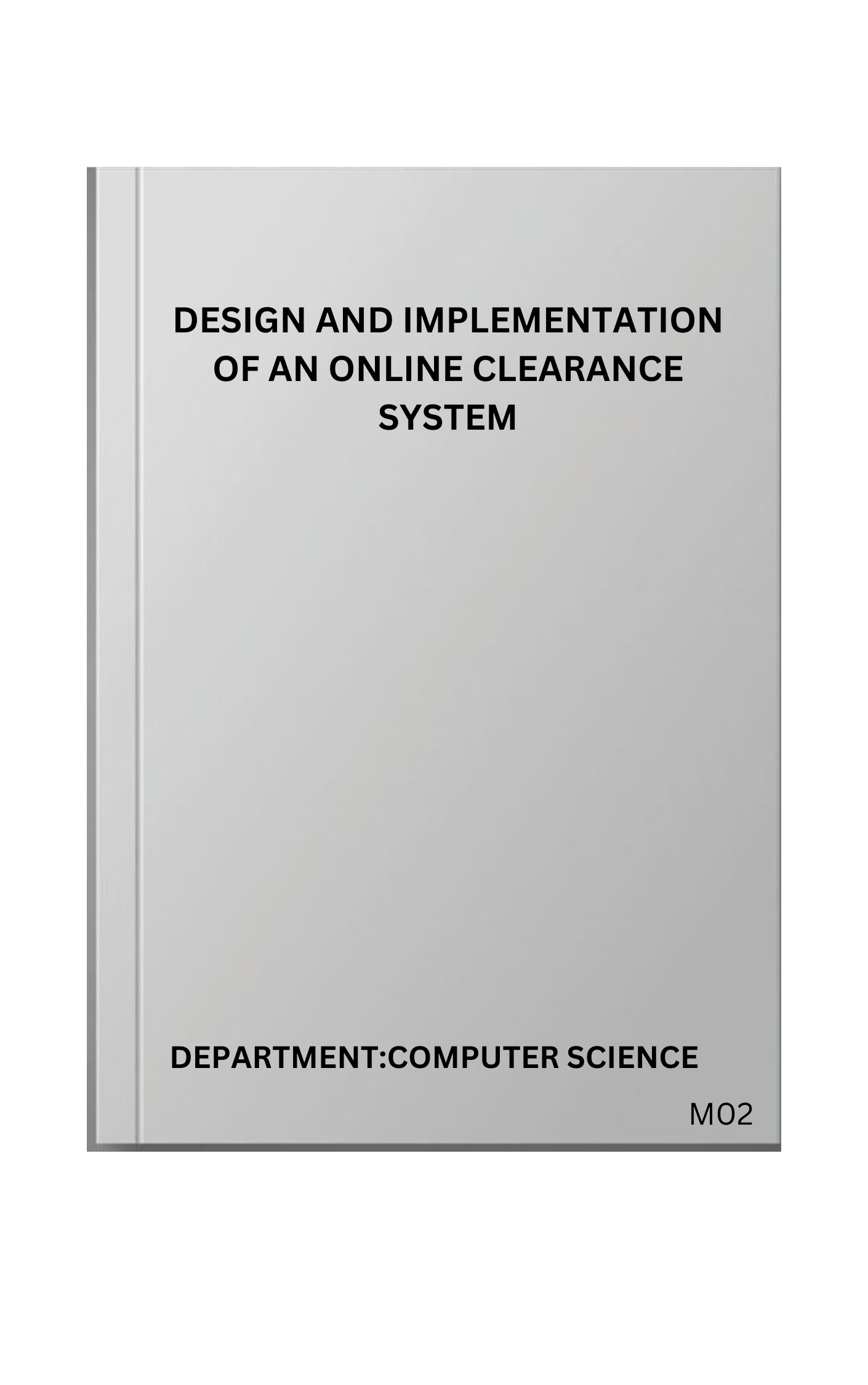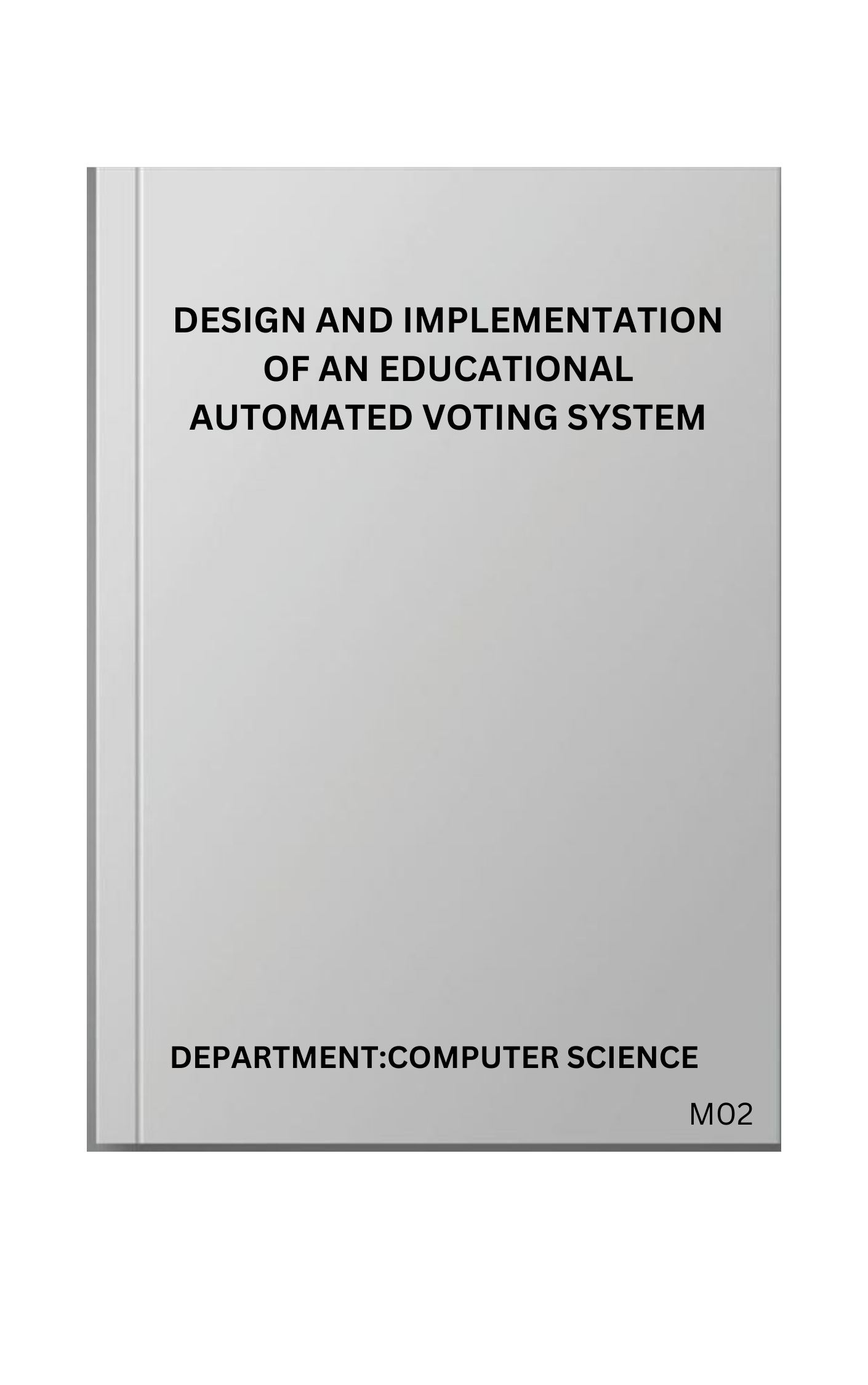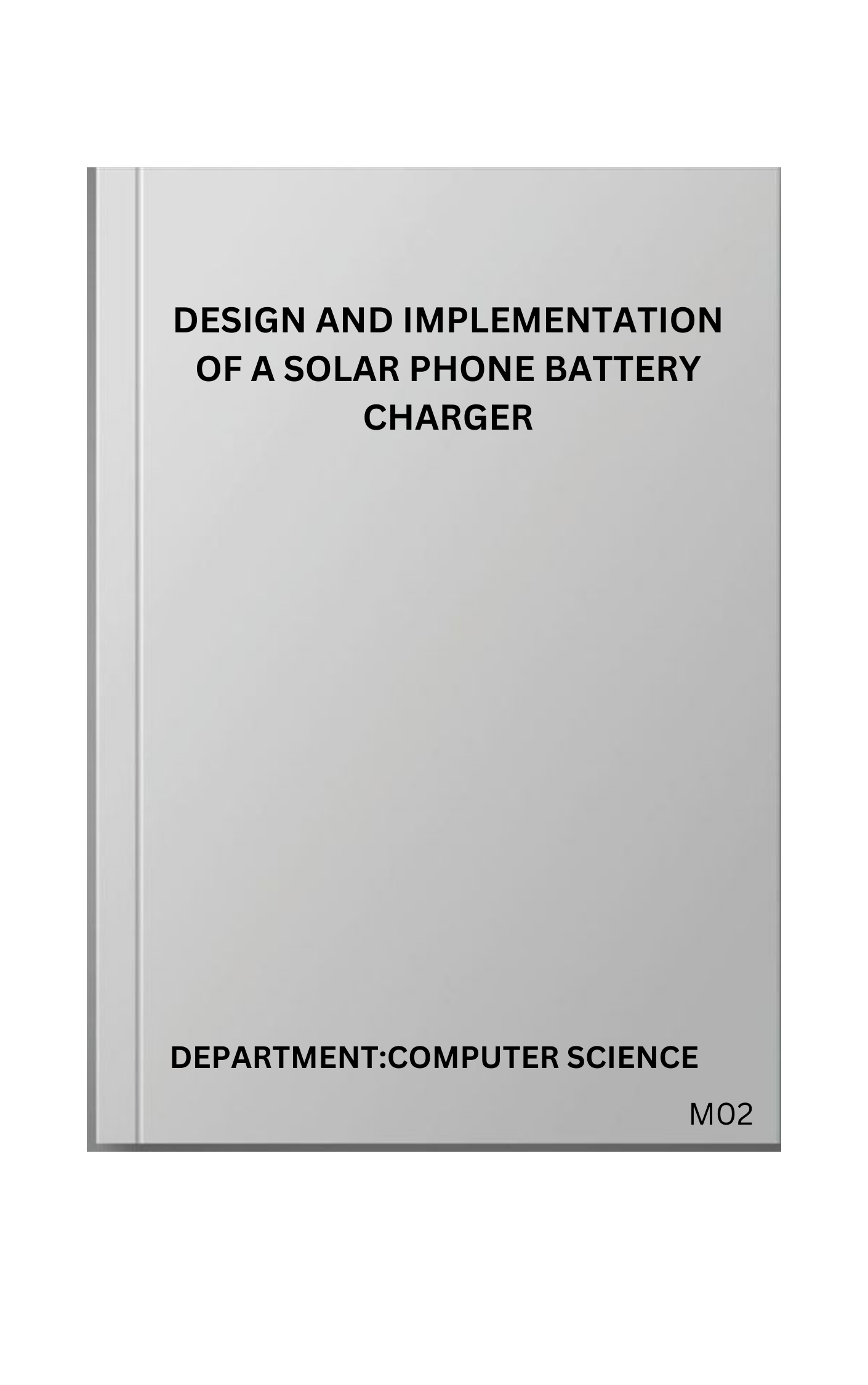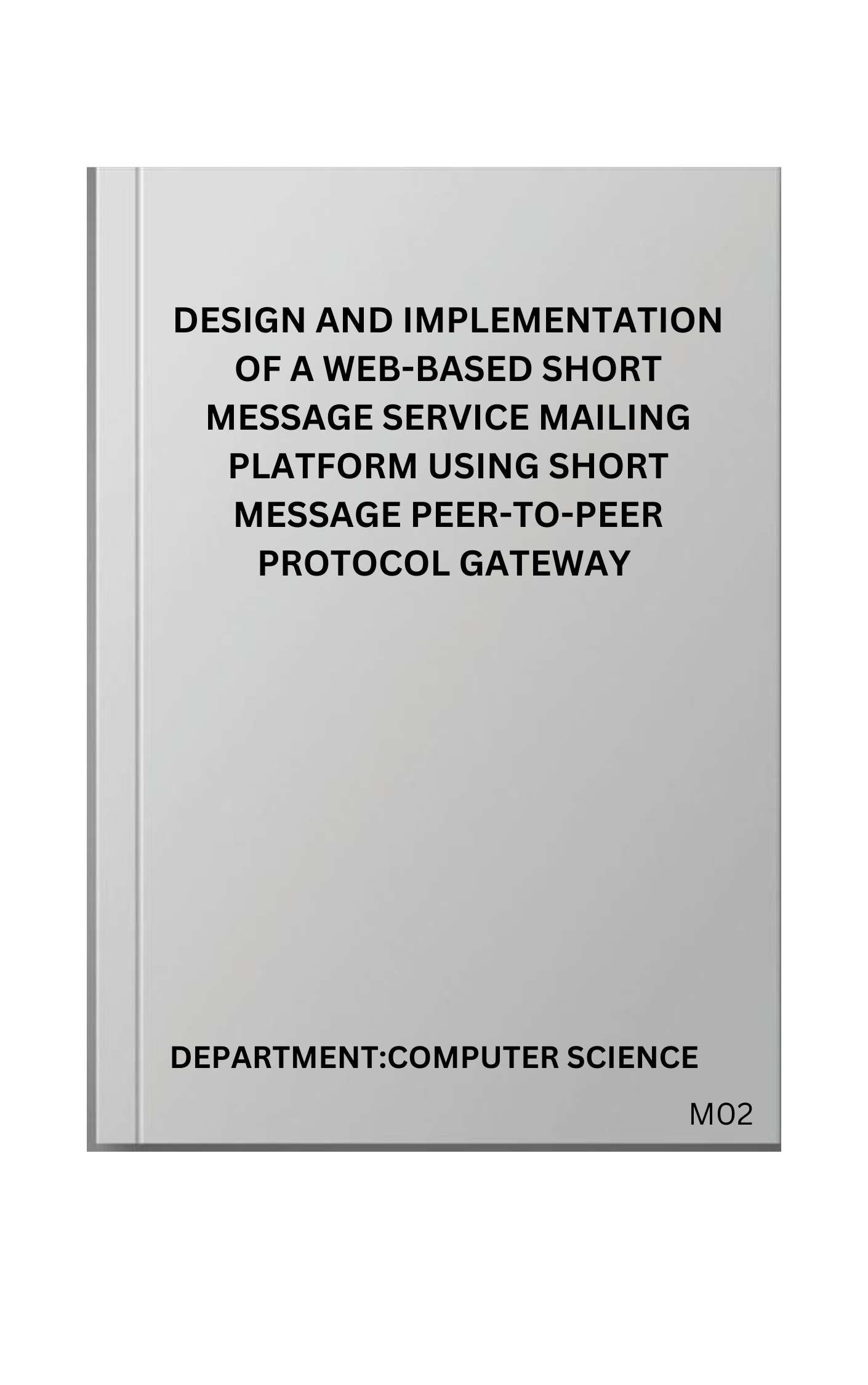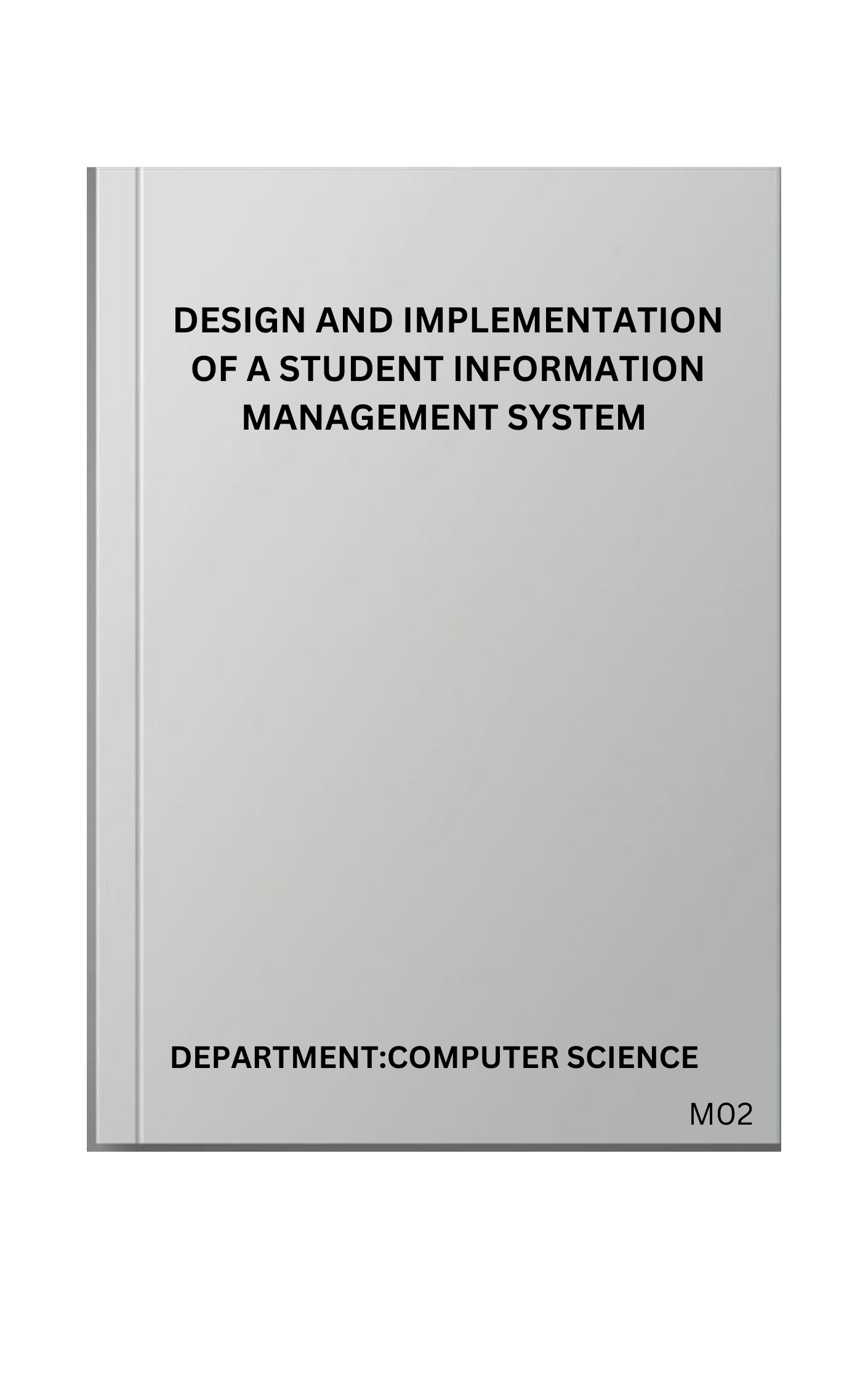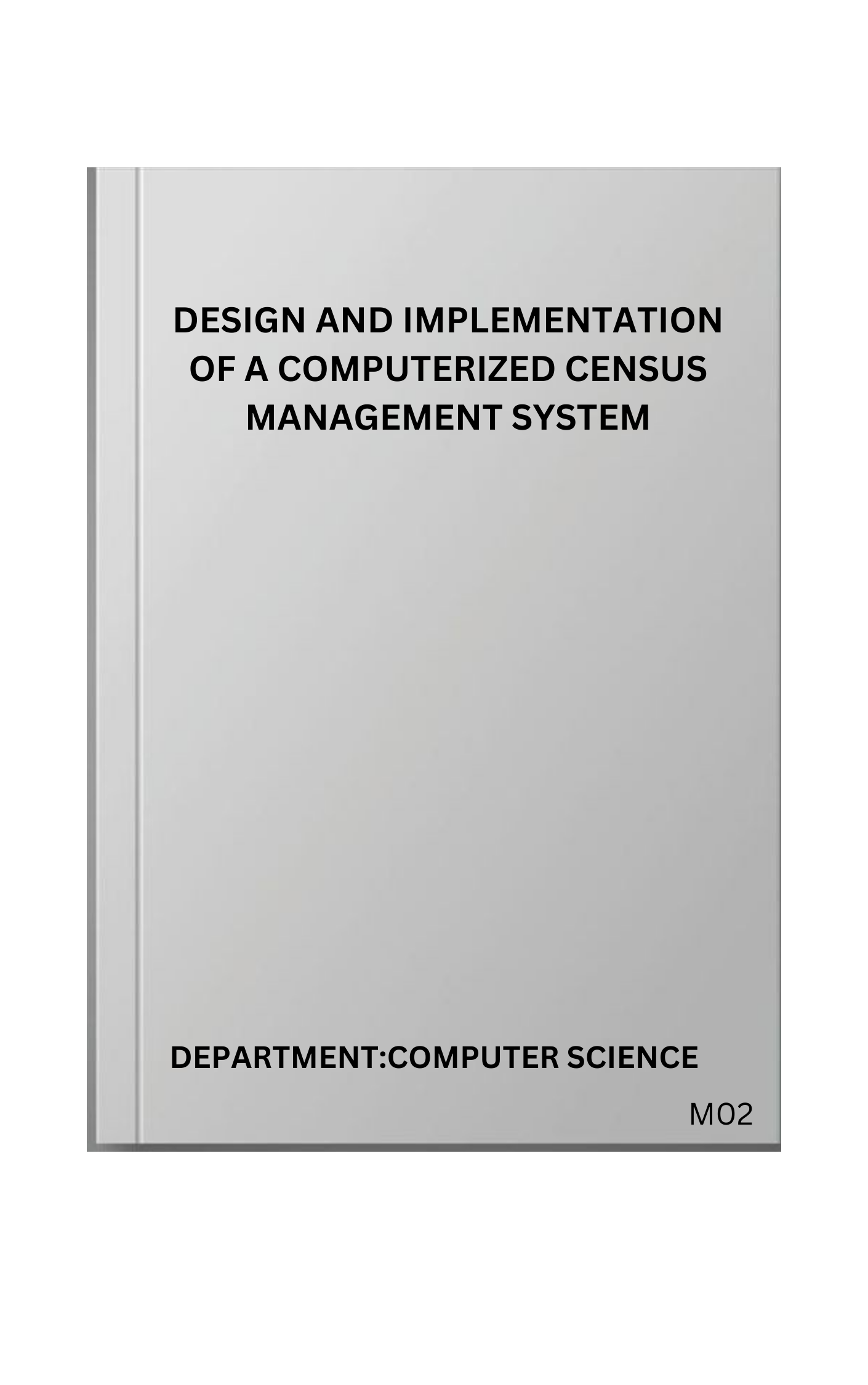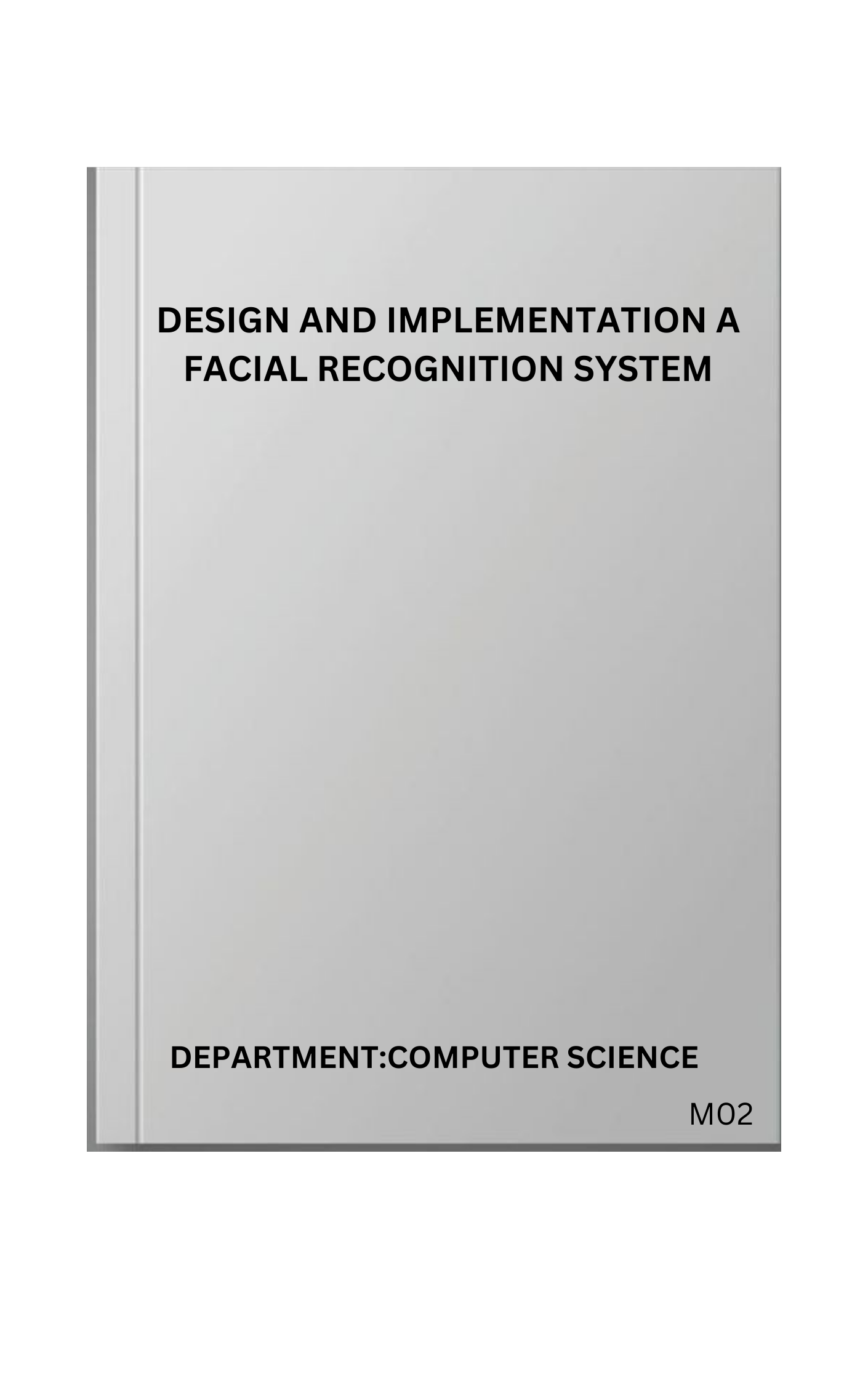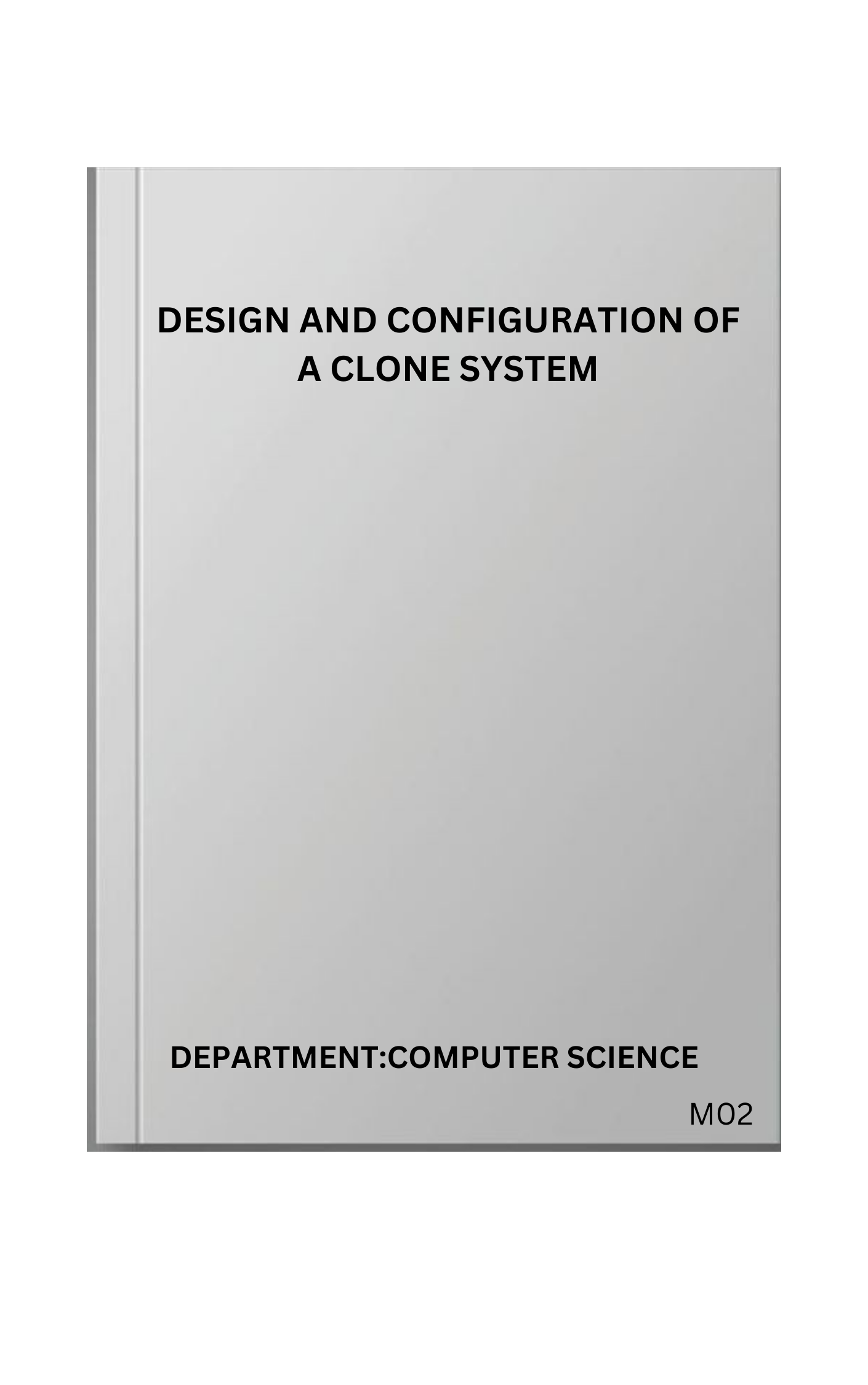CHAPTER ONE
INTRODUCTION
1.1Background Of Study
Bitumen, often referred to as asphalt, is a black, sticky, and highly viscous liquid or semi-solid form of petroleum. It is predominantly used in road construction, where it acts as a binder mixed with aggregate particles to create asphalt concrete. Bitumen is also utilized in roofing, waterproofing, and various industrial applications due to its adhesive and water-resistant properties.
Nigeria is endowed with substantial bitumen reserves, estimated at over 42 billion barrels, ranking it among the top countries globally in terms of bitumen deposits. These reserves are primarily located in the southwestern part of the country, particularly in Ondo State, with Agbabu being one of the most significant bitumen-rich areas. Despite this potential, Nigeria has yet to fully exploit its bitumen resources, relying heavily on imports to meet domestic demand (Shadrach, et al., 2018).
Bitumen is crucial for infrastructure development, especially in road construction, which is vital for economic growth and connectivity. The global bitumen market is driven by increasing infrastructural development and urbanization, leading to a rising demand for bitumen. In 2022, the global bitumen market was valued at approximately $50 billion, with expectations of steady growth due to ongoing and future infrastructure projects (Ojeyemi, et al., 2020).
The development of the bitumen industry in Agbabu, Ondo State, holds significant economic potential. Exploiting bitumen resources can help diversify Nigeria's economy, reducing its dependence on crude oil exports. This diversification is essential for economic stability and growth, especially in the face of fluctuating global oil prices. The bitumen industry can generate numerous employment opportunities, both directly and indirectly. Jobs can range from extraction and processing to transportation and infrastructure development, thereby reducing unemployment rates in the region. Utilizing locally sourced bitumen for road construction can lower costs and enhance the quality of infrastructure projects. Improved infrastructure, in turn, facilitates trade and mobility, further driving economic growth. The exploitation and export of bitumen can contribute significantly to government revenues through taxes, royalties, and export earnings. This revenue can be reinvested into other critical sectors such as education, healthcare, and social services (Ogungbemi, 2019).
Despite its potential, the bitumen sector in Nigeria faces several challenges that need to be addressed to realize its full economic benefits. Extracting bitumen requires advanced technology and expertise. Currently, Nigeria lacks sufficient technological capabilities and skilled manpower to efficiently exploit and process bitumen. The regulatory framework governing the mining and extraction of bitumen in Nigeria is complex and often inefficient. Streamlining these regulations is essential to attract investment and ensure sustainable development (Kabiru & Jimoh, 2019).
The strategic development of the bitumen industry in Agbabu could not only enhance local and national economic growth but also reduce the country's dependence on imported bitumen.
1.2 Aim and Objectives of the Study
Aim
The primary aim of this study is to evaluate the economic potentials of bitumen in Agbabu Area Ondo State.
Objectives
1.To assess the quantity and quality of bitumen reserves in Agbabu, Ondo State.
2.To analyze the current technologies available for bitumen extraction and processing and their applicability to the Agbabu reserves.
3.To evaluate the market demand for bitumen both locally and internationally.
4.To identify the economic benefits of bitumen exploitation to the local community and the Nigerian economy at large.
5.To propose strategic recommendations for the sustainable development of bitumen resources in Agbabu.
PAY TO GET COMPLETE PROJECT

